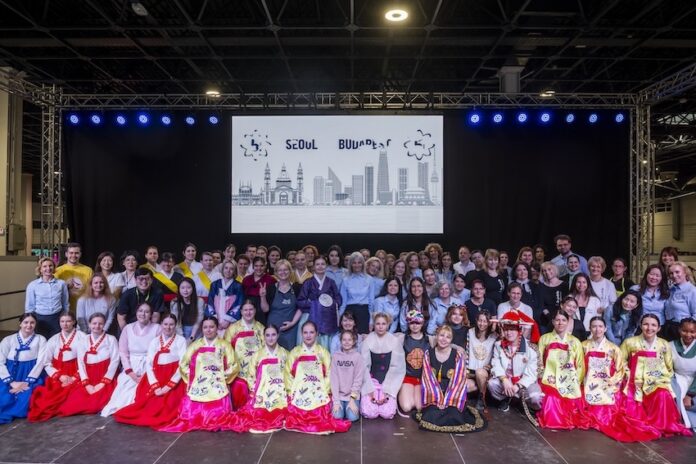“I believe that exchanging cultural views can enrich cultures”
by Anna Popper
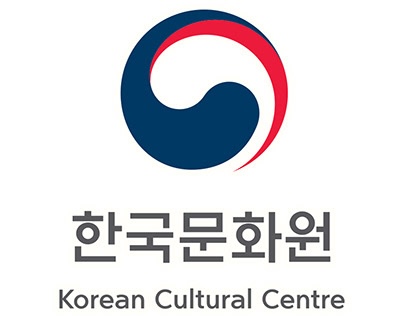
We are delighted that Budapest hosts the second largest Korean Cultural Centre in the world after the Japanese one, inaugurated in 2012. Situated in a beautifully restored building on the Buda side of the Hungarian capital, just a short walk from Margaret Bridge on River Danube, the institute is perfectly equipped in every aspect to fulfil its cultural mission, in which Hallyu or the Korean Wave plays an important role. It has quickly become very popular with Hungarian audiences.

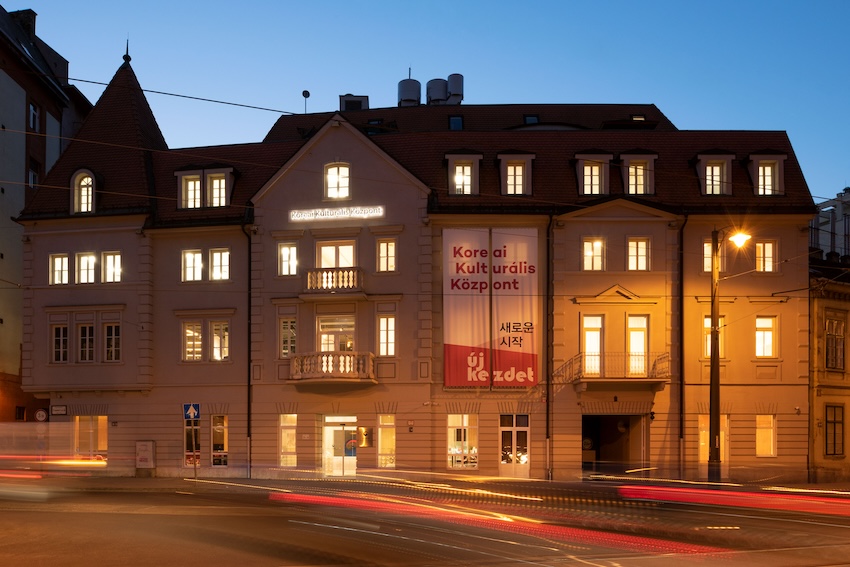
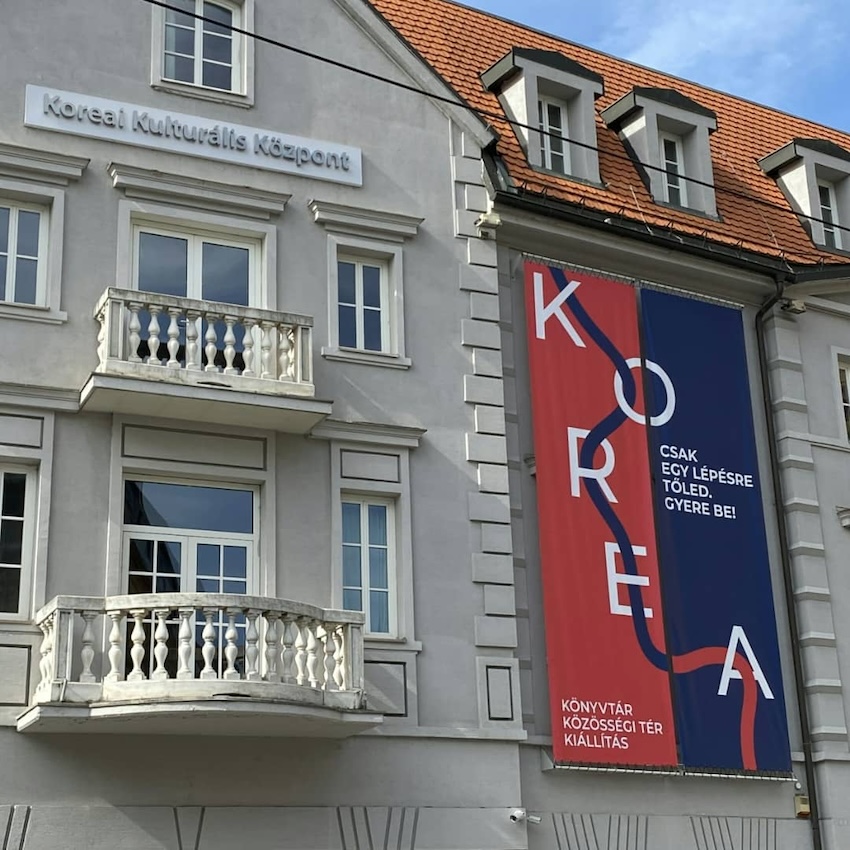
Could you please share with us how you came to be appointed Director of this significant institution dedicated to Korean culture in Hungary?
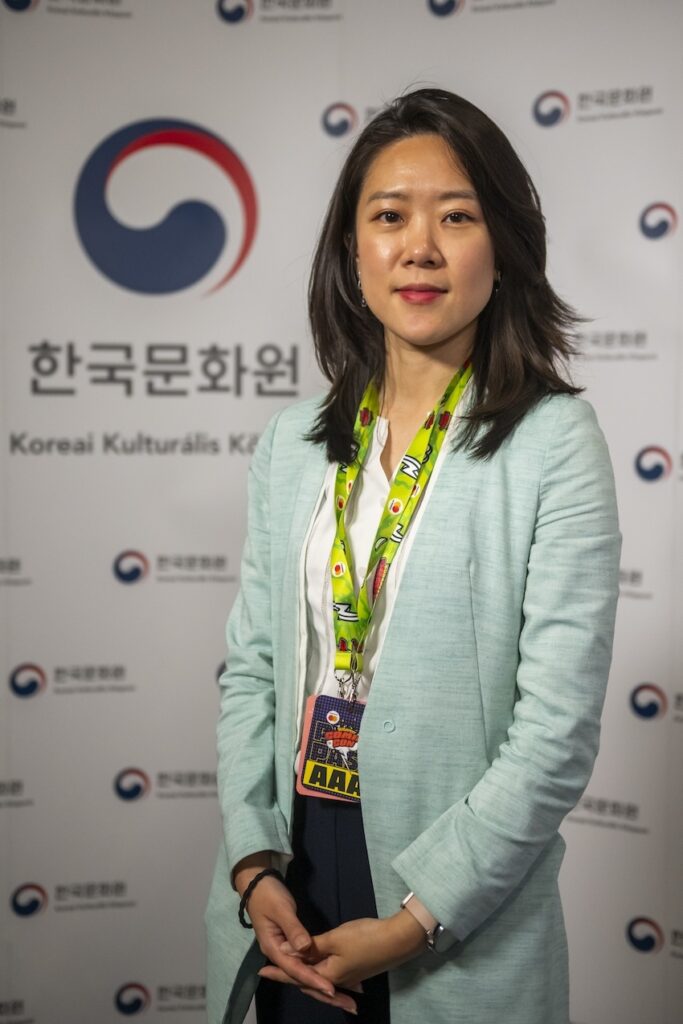
– Regarding my professional career, I have gained field experience in public policy analysis, policy-making and implementation through 17 years of working for the Korean government, primarily in the Ministry of Land, Infrastructure and Transport and the Office of the President in South Korea.
When I saw this position in cultural field available last year, I didn’t hesitate to apply for it. Besides Hungary, there were many other jobs as Director of the Korean Cultural Centre in other countries. I have never been to Hungary. But I have always heard from my friends and colleagues how beautiful the country is. So I was curious about this amazing country. I learned that the Korean Cultural Centre is the largest in Europe and the popularity of Korean culture in Hungary is very high. So I decided to come here.
What key factors influenced the Korean government’s decision to establish Europe’s largest Korean cultural institute in Hungary 12 years ago?
– There are nearly 40 Korean Cultural Centres around the world. And as you know, the Korean Cultural Centre in Hungary is the largest in Europe. I think it is due to the high demand and strong affection for Korean culture in Hungary. Hungary was the first European country to air the K-drama “Dae Jang Geum”. In addition, Hungary has the largest fan base of Korean culture in the world – there are over 200 groups. And the community has grown large enough to form a foundation called the “HanYou Foundation”, with which the Korean Cultural Centre partnered to hold the “KoreaON” Festival.
I think the enthusiasm for Korean culture in Hungary stems from the similarities between the two countries, even though Korea and Hungary are far apart. Both countries have fought off many invasions from neighbouring countries in the past to protect their own culture and traditions. Both countries also value family and education. In Korean culture, the surname (family name) comes first, followed by the given name, similar to the tradition in Hungary. And let’s not forget to mention that people in both countries love spicy food. These similarities make us feel that the other’s culture is close to our own. Actually, unlike other countries where K-pop and K-dramas are mostly consumed by young people, in Hungary there is a wide age range that enjoys Korean culture.
Personally, I feel the same way when I experience Hungarian culture. There’s something that touches my heart every time. I haven’t felt homesick since I came here. I feel like I am at home.

The 5th KoreaON Cultural Festival, held on 18-19 May 2024, was a resounding success, featuring a diverse range of appealing programs that attracted over 15,000 visitors. This event is a significant achievement for you as the new Director of the Korean Cultural Centre in Budapest.
Could you please provide some insight into the central themes, highlights and objectives of this annual event that has contributed to fostering cultural exchanges between Korea and Hungary and enhancing mutual understanding between our peoples?
– KoreaON aimed to present a comprehensive package of Korean culture, showcasing both traditional and modern elements of culture. The two-day event was opened by H.E. Dr. Kyudok Hong, Ambassador of South Korea to Hungary, and Dr. Mózes Csoma, former Ambassador of Hungary to South Korea and Hungarian Koreanist and researcher.
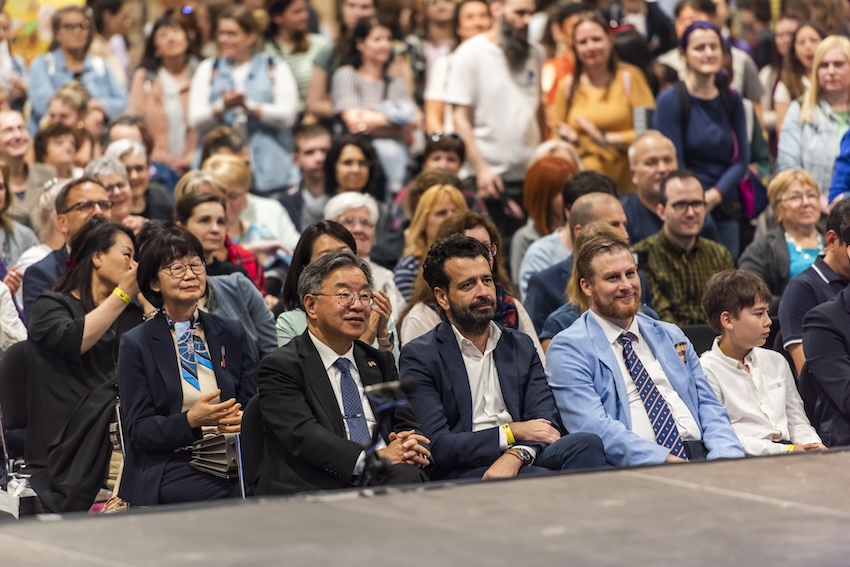
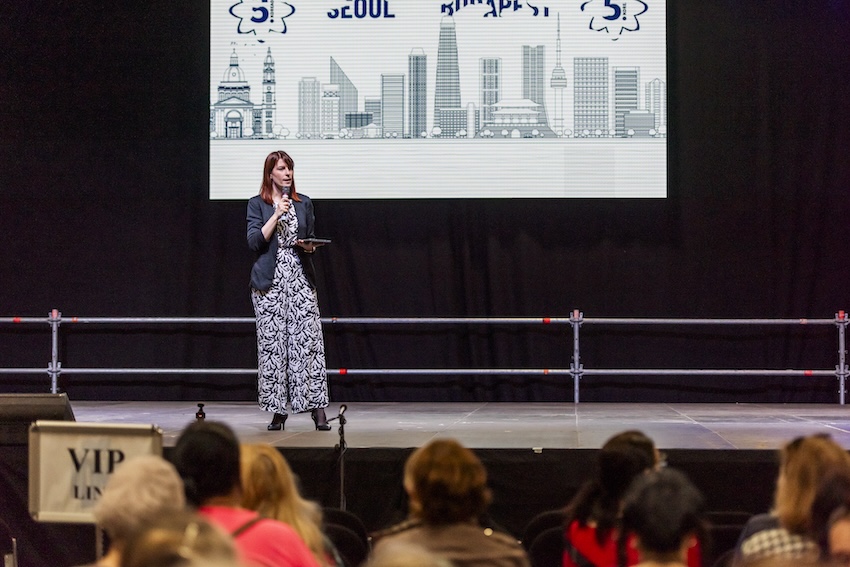
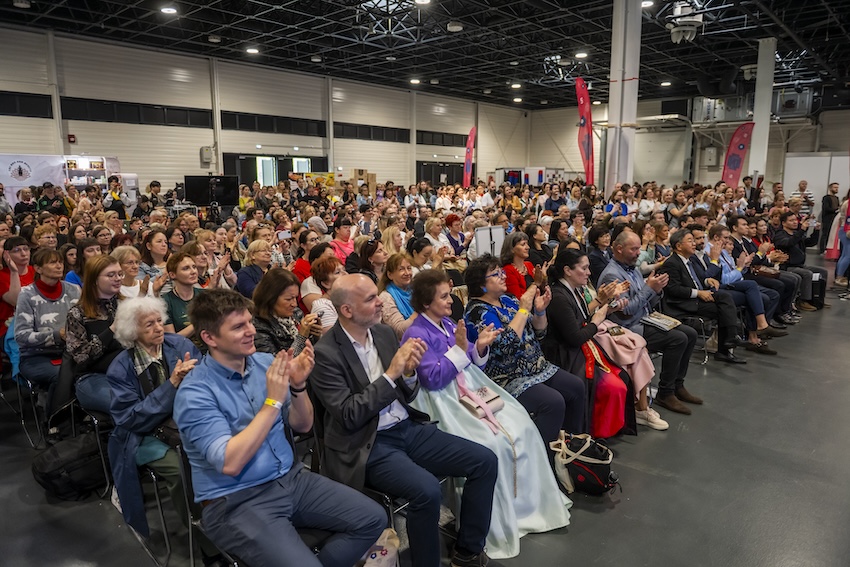
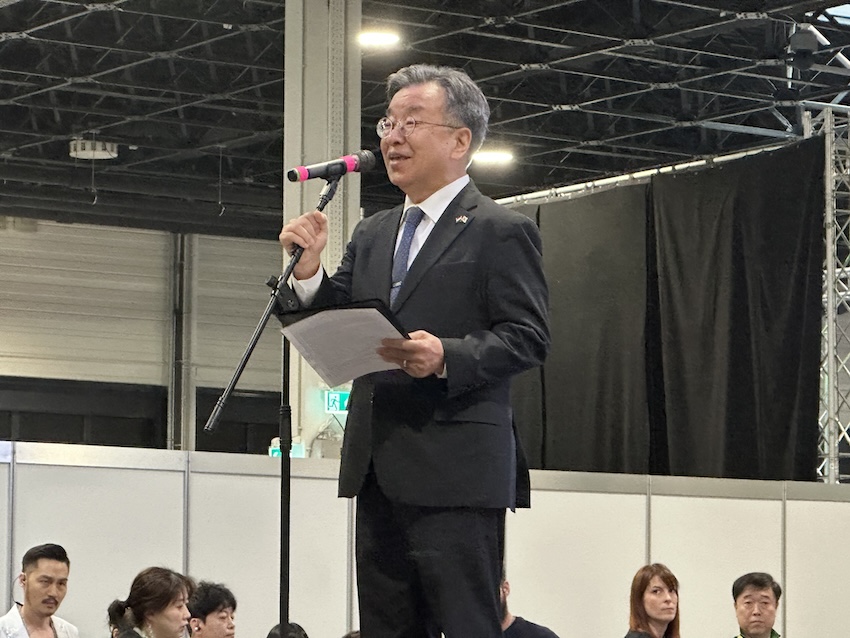
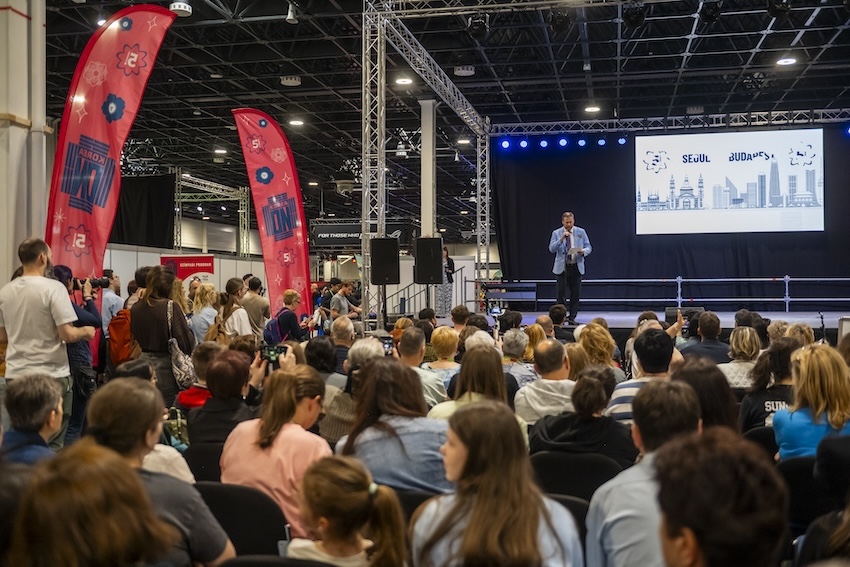
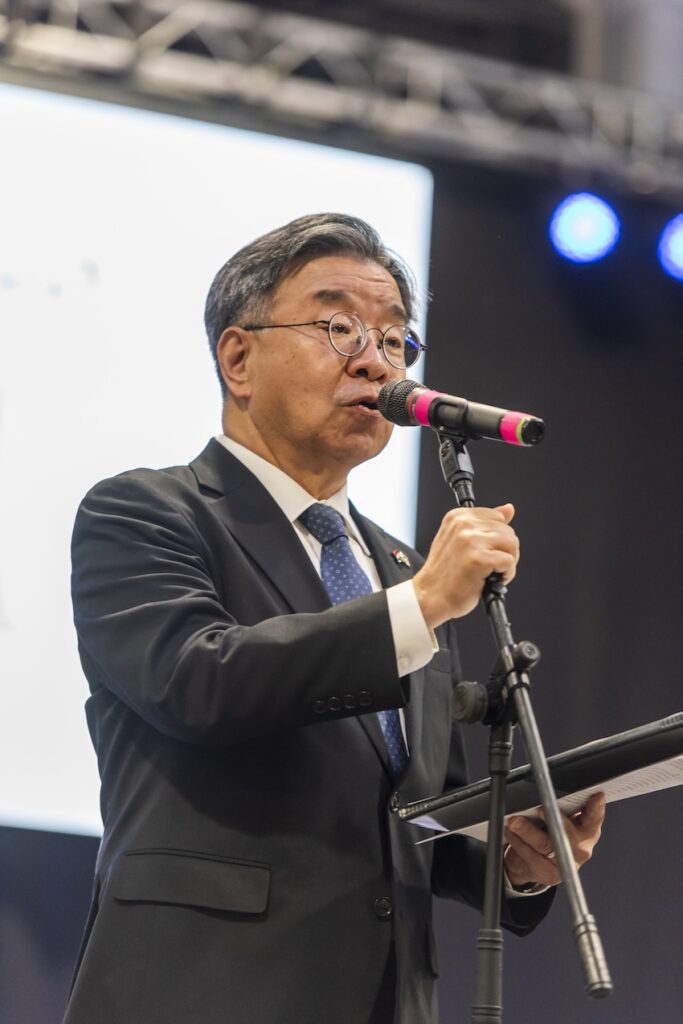

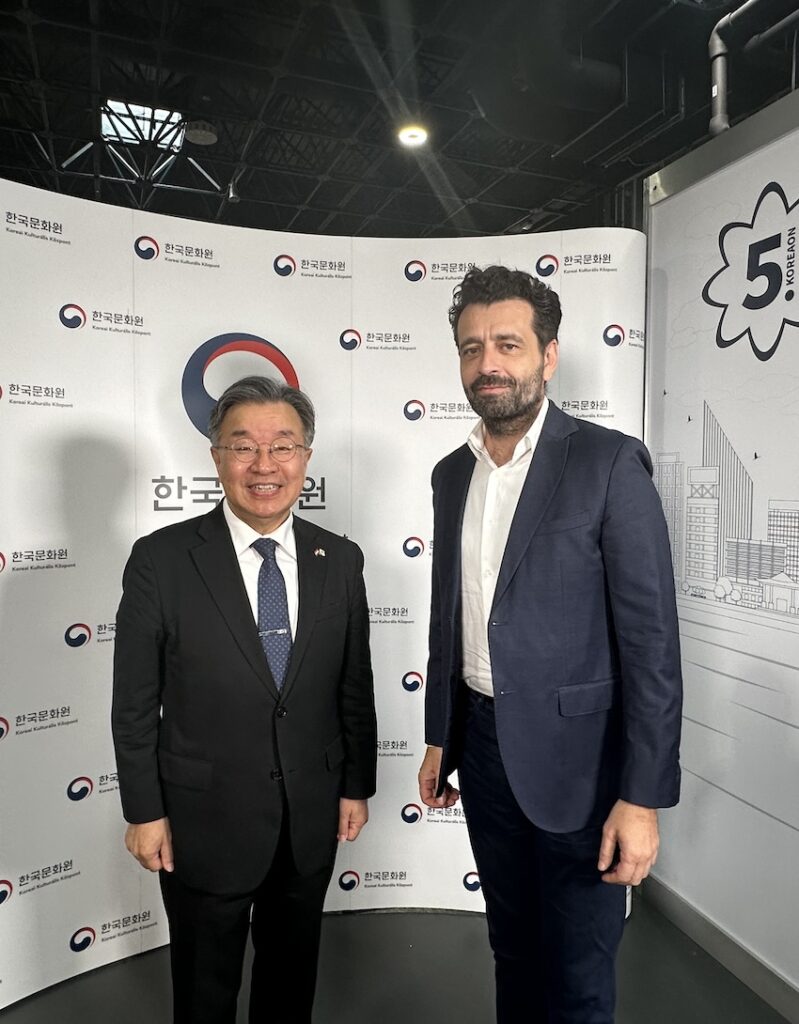
The festival featured vibrant music and dance performances on the stage at Hungexpo, along with a colourful parade, culinary demonstrations and interactive workshops.
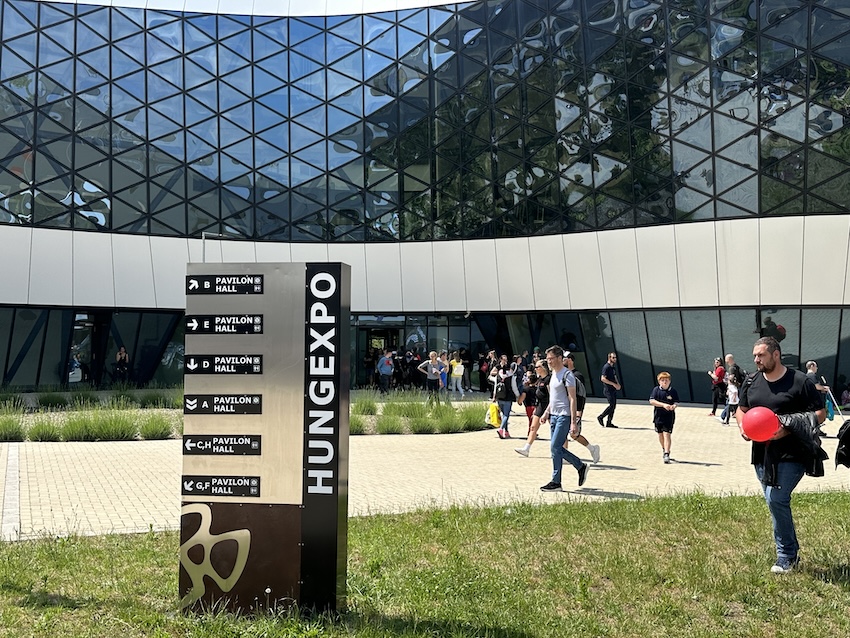
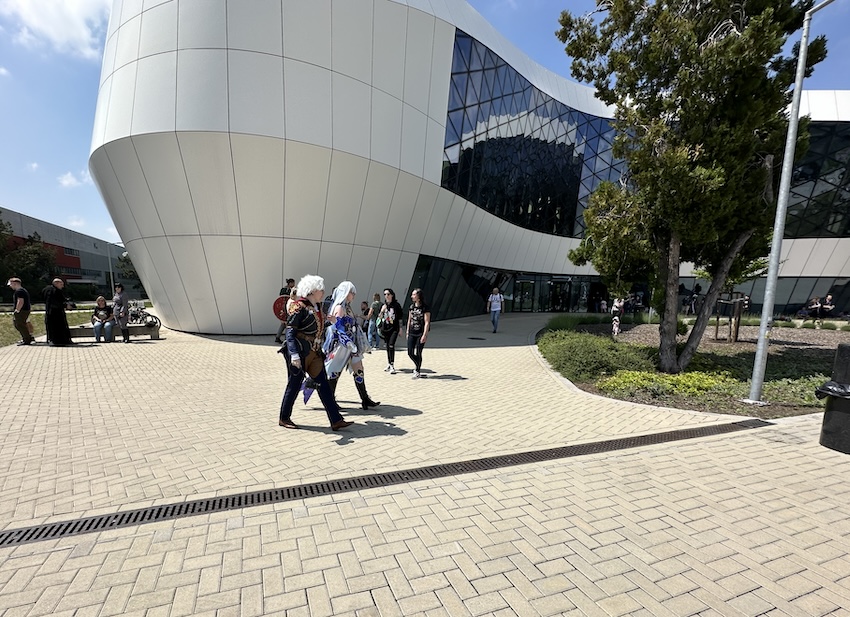
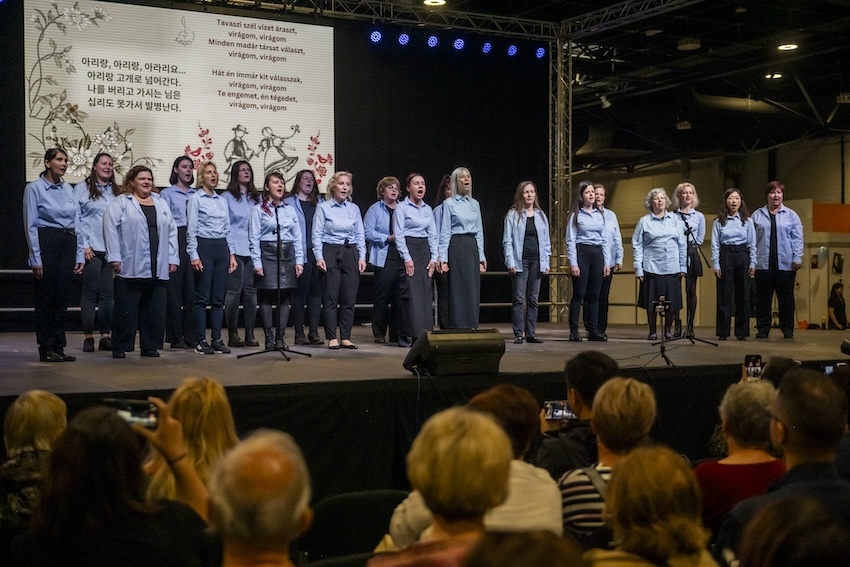
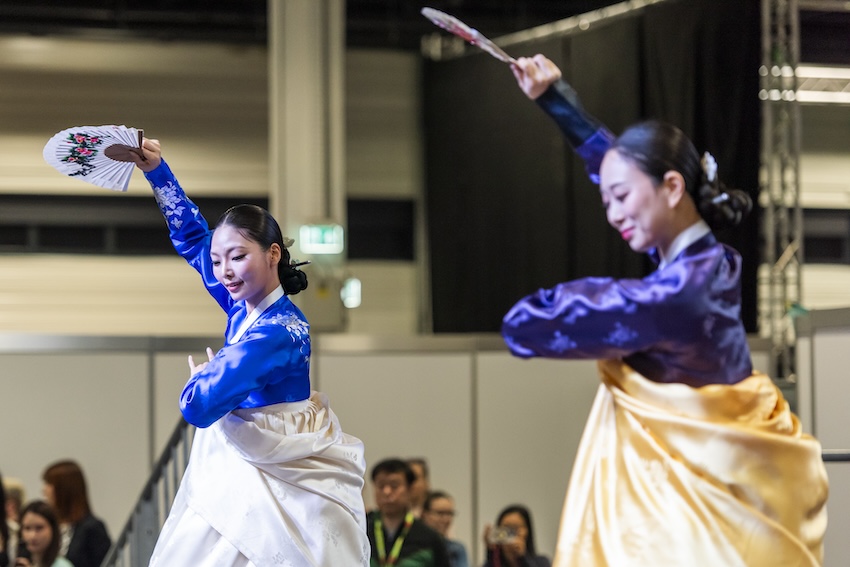
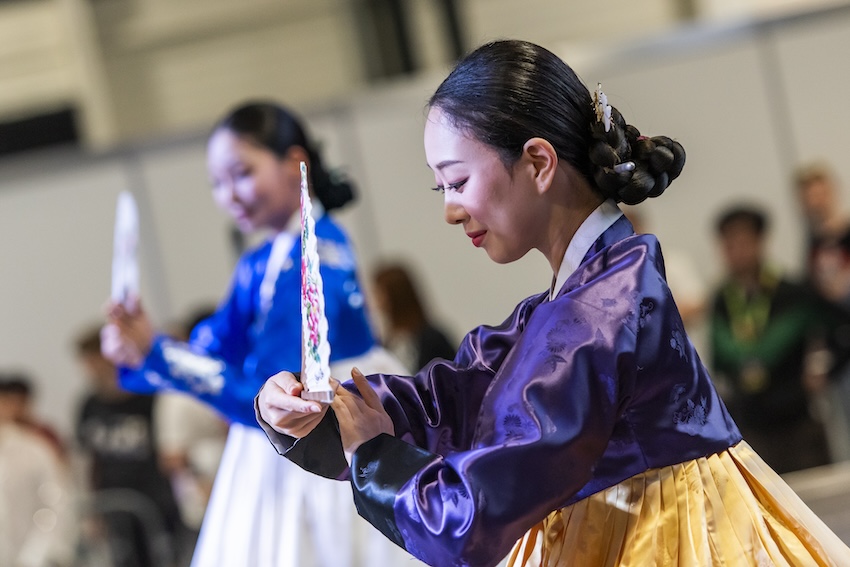
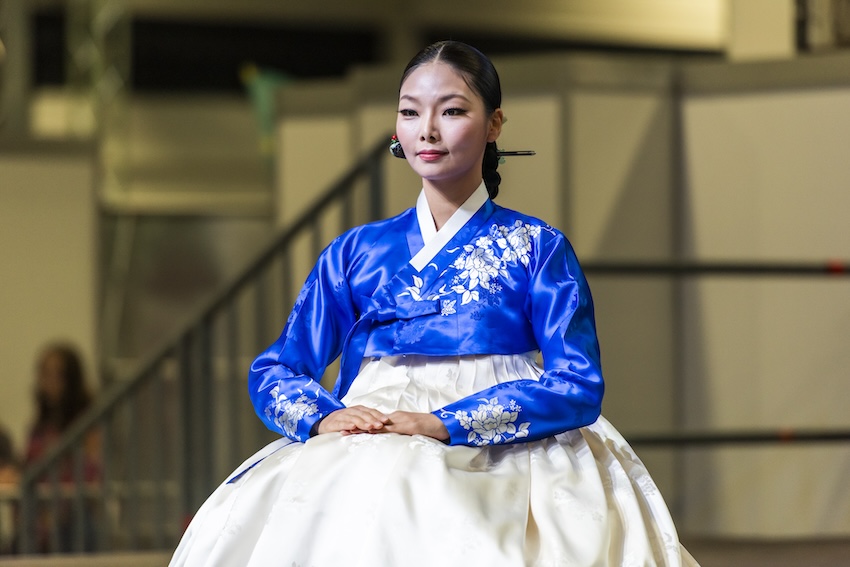
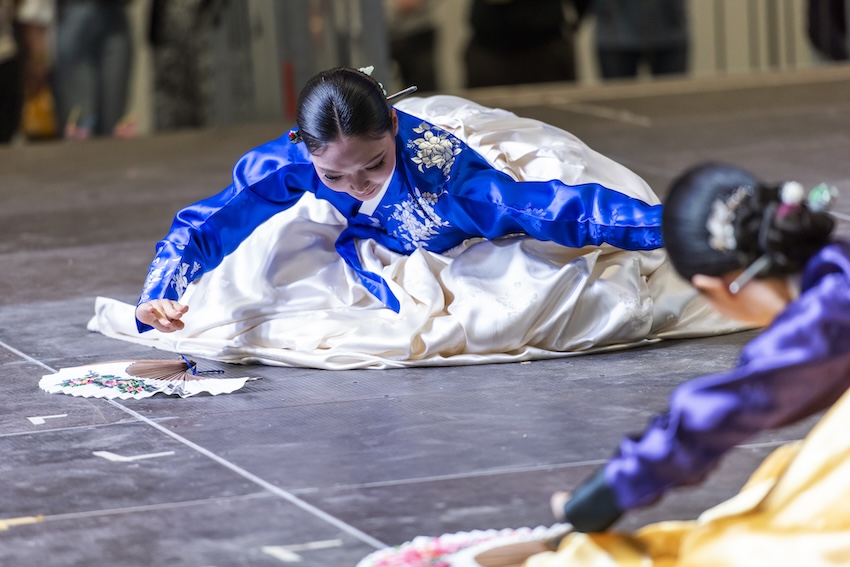
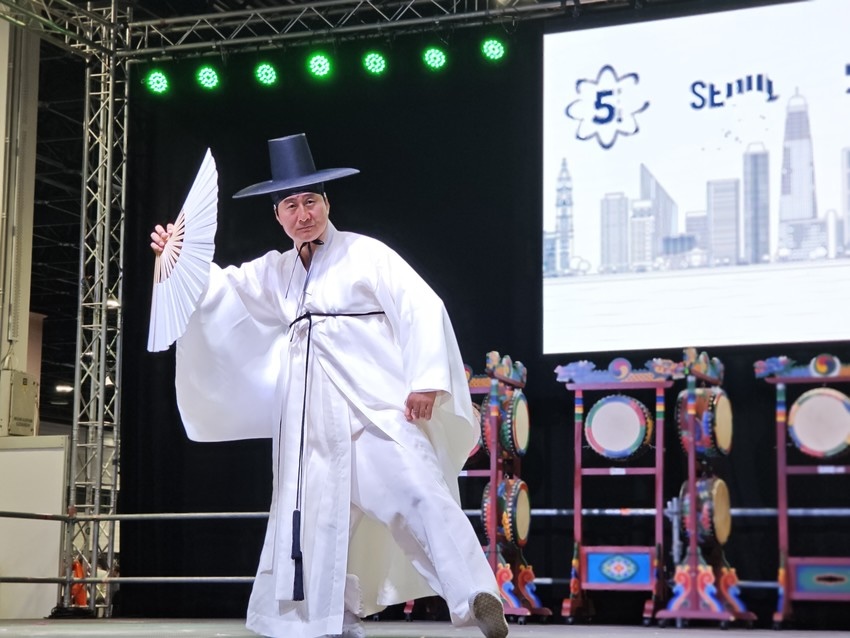
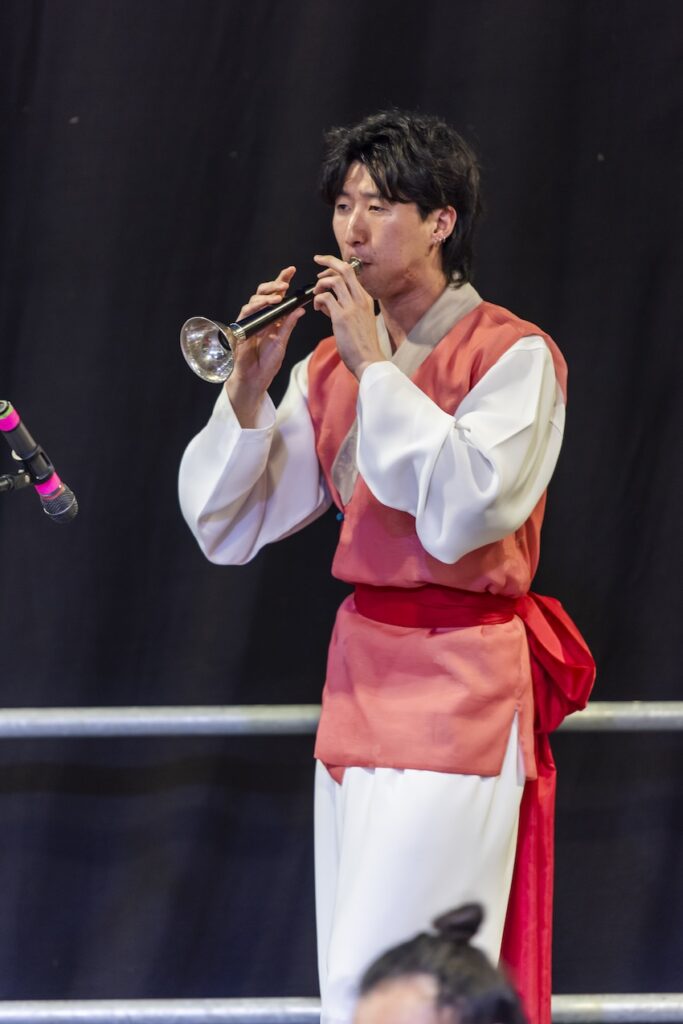
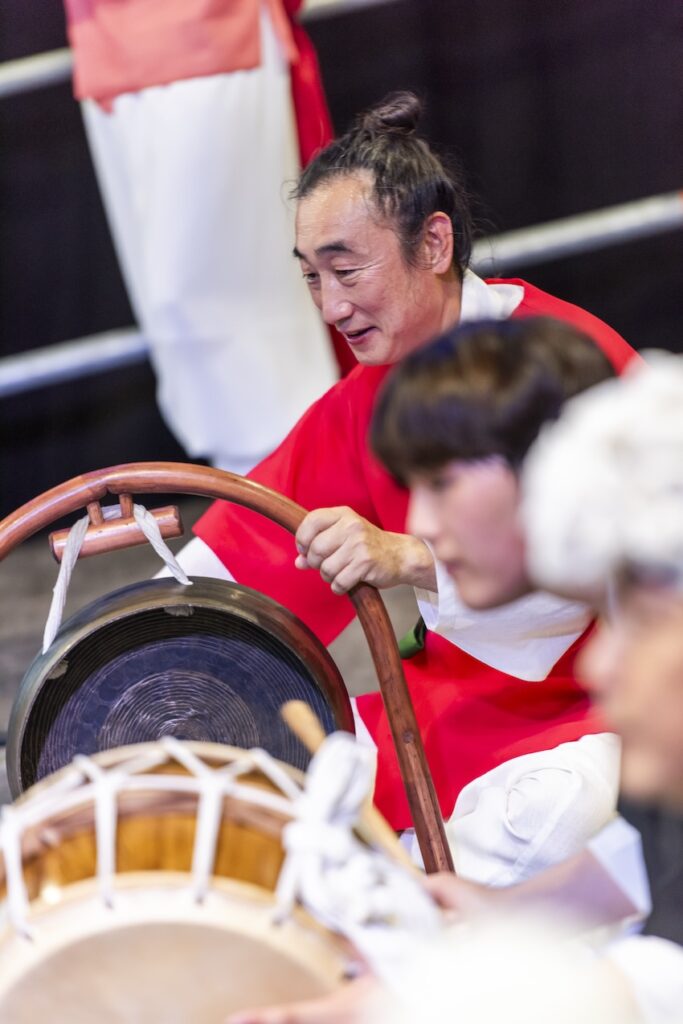
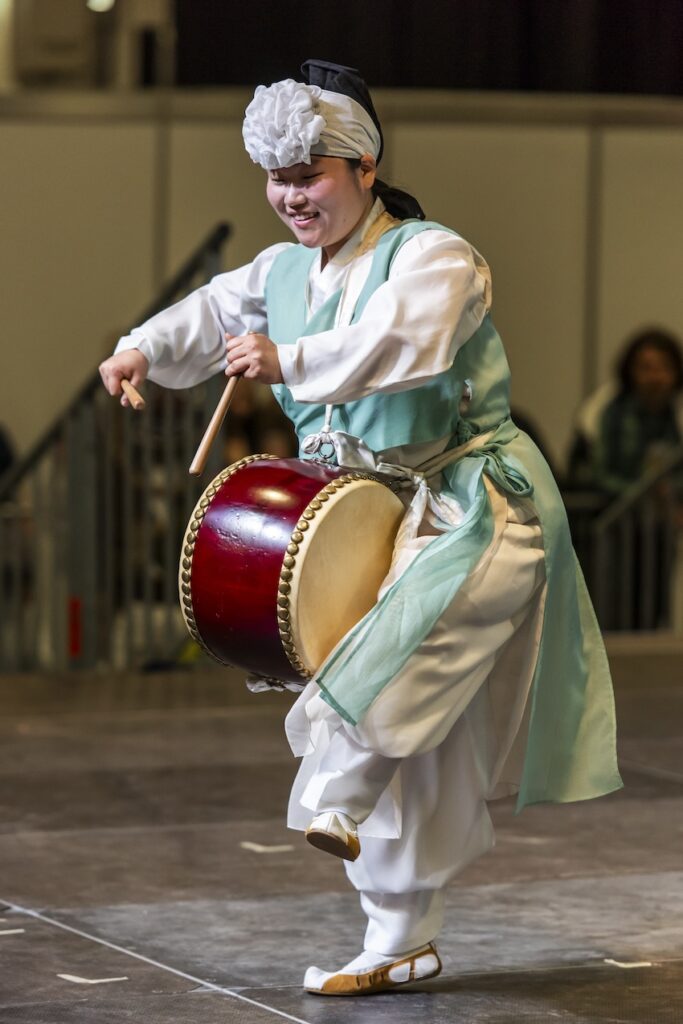
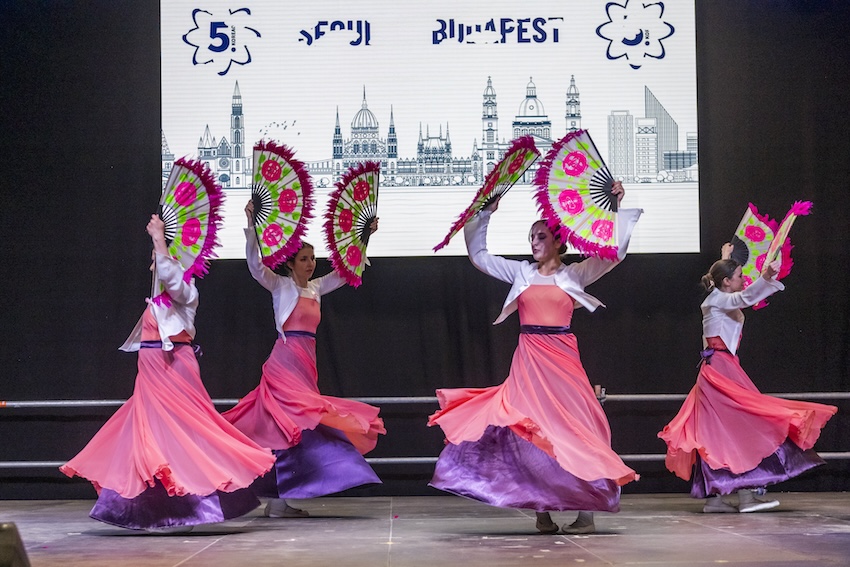
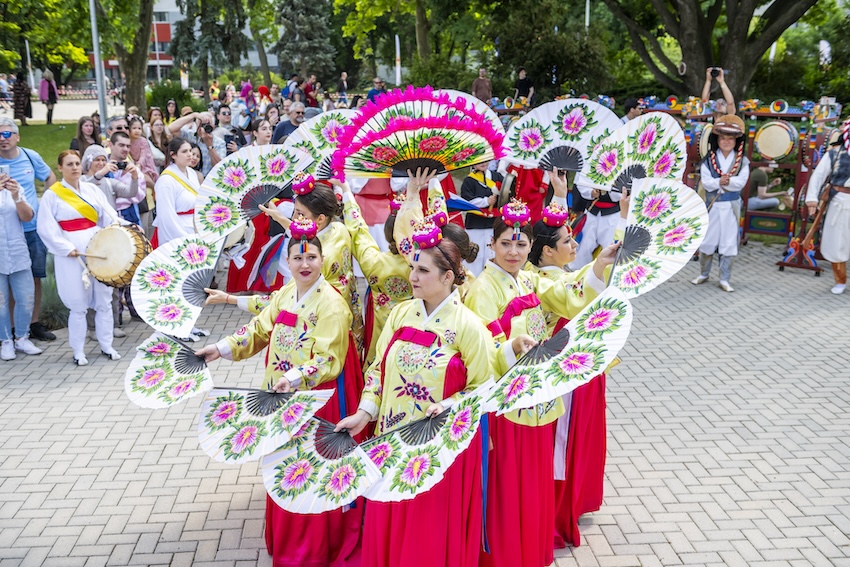
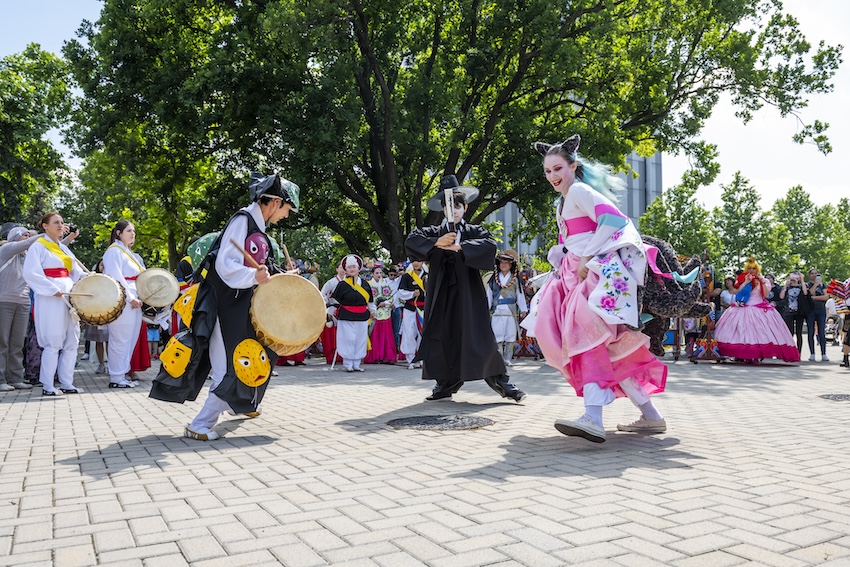
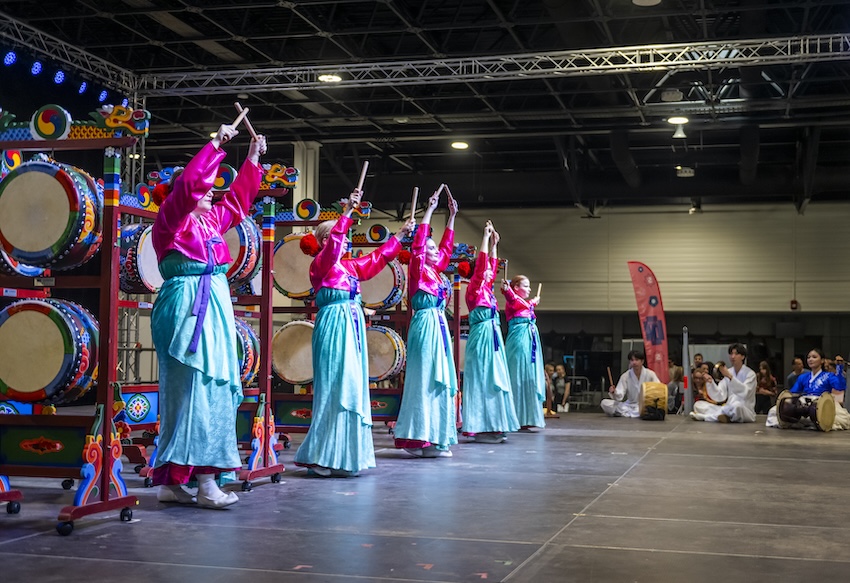
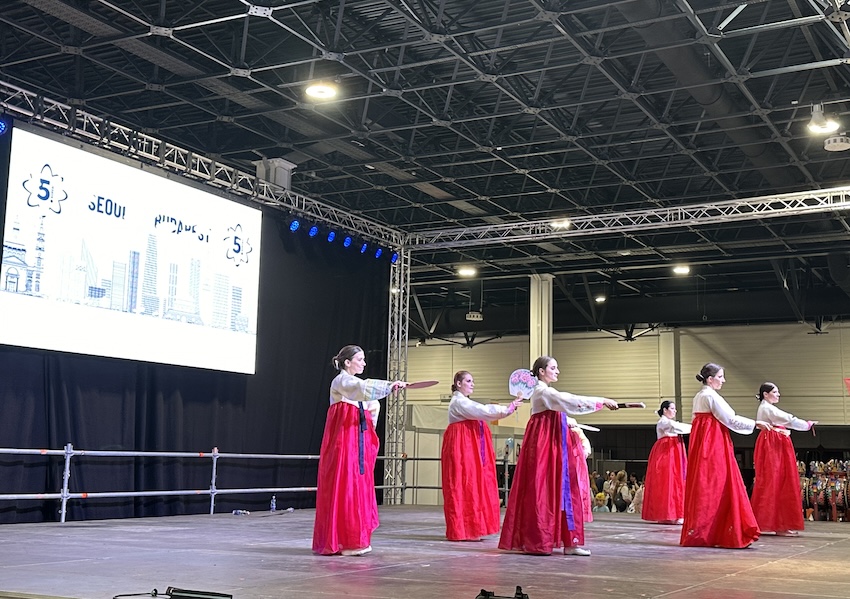
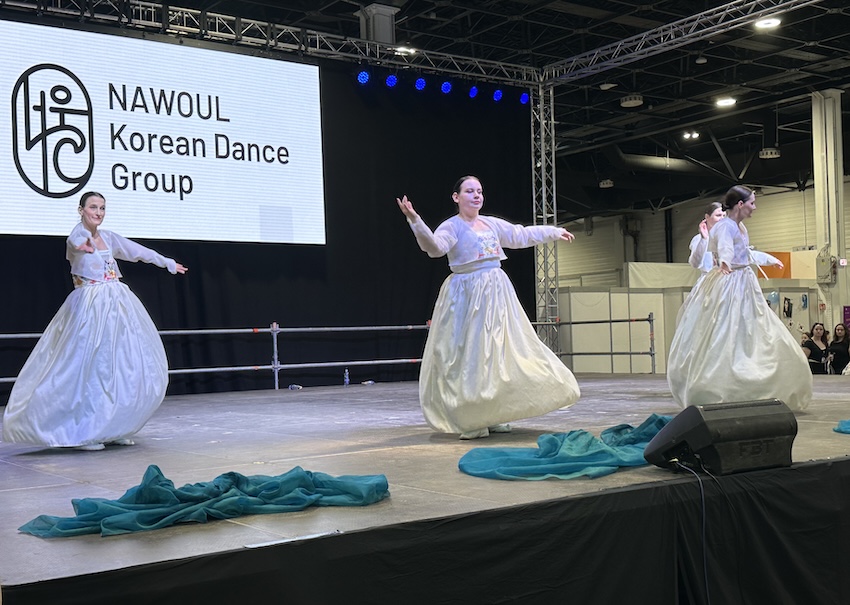

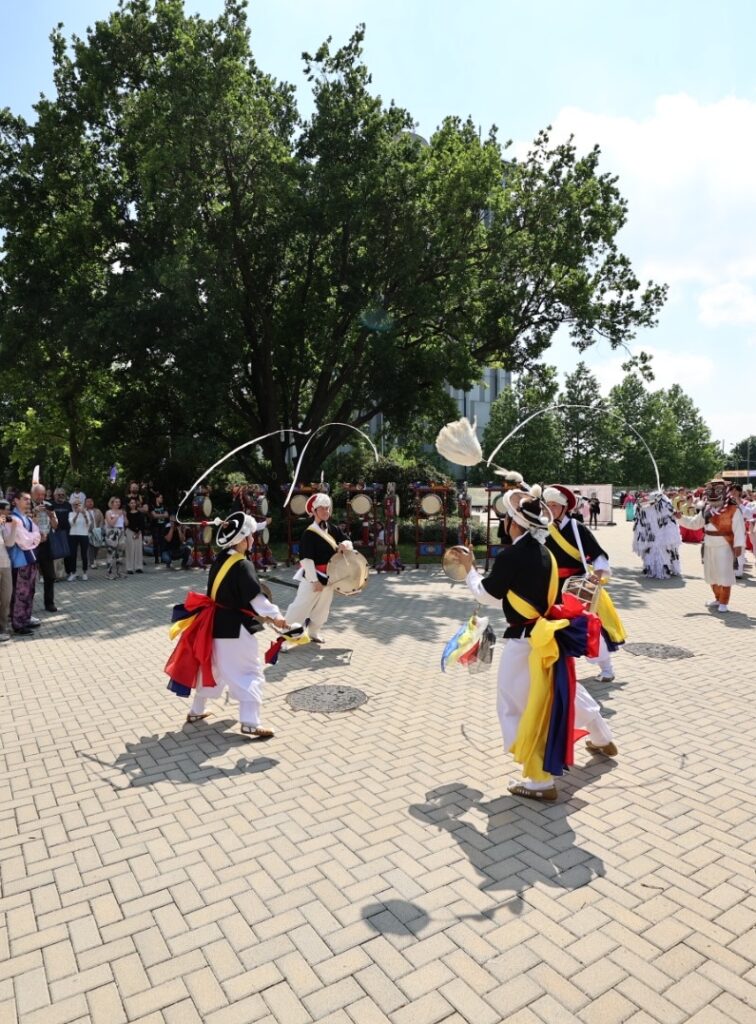

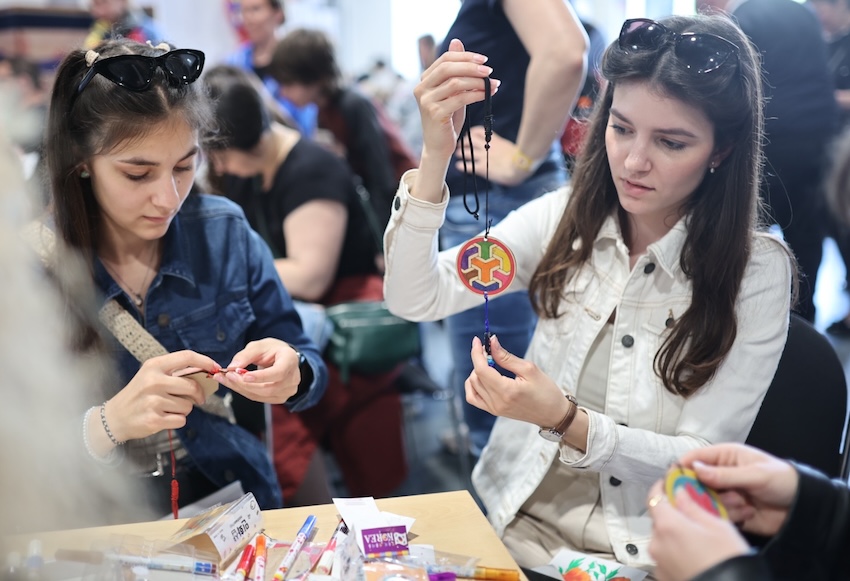
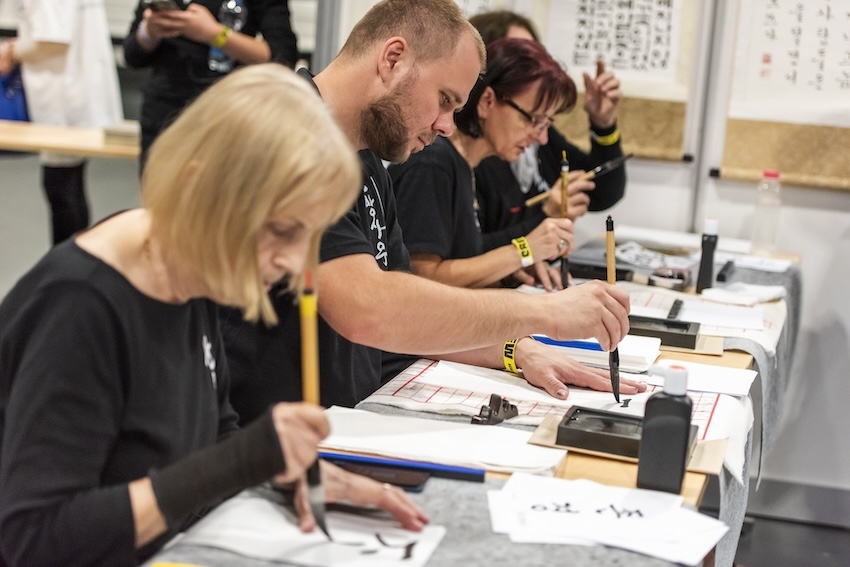
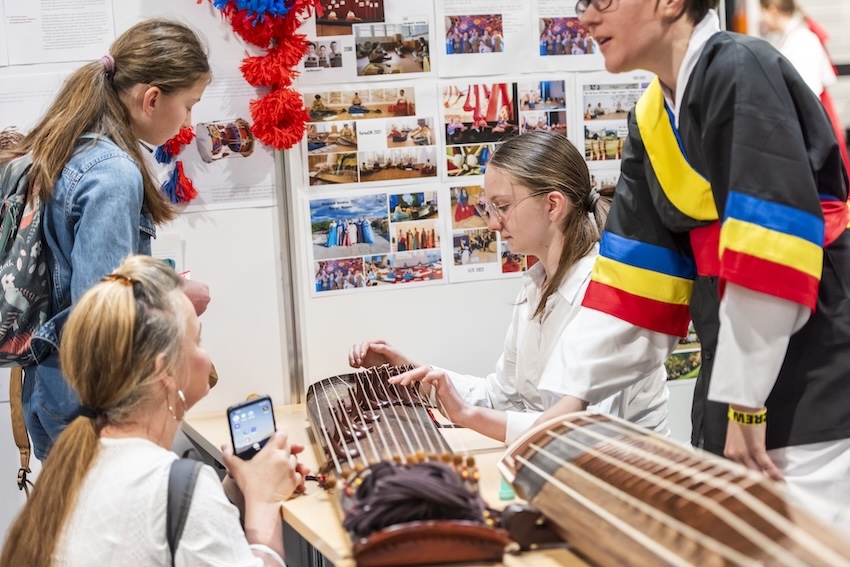
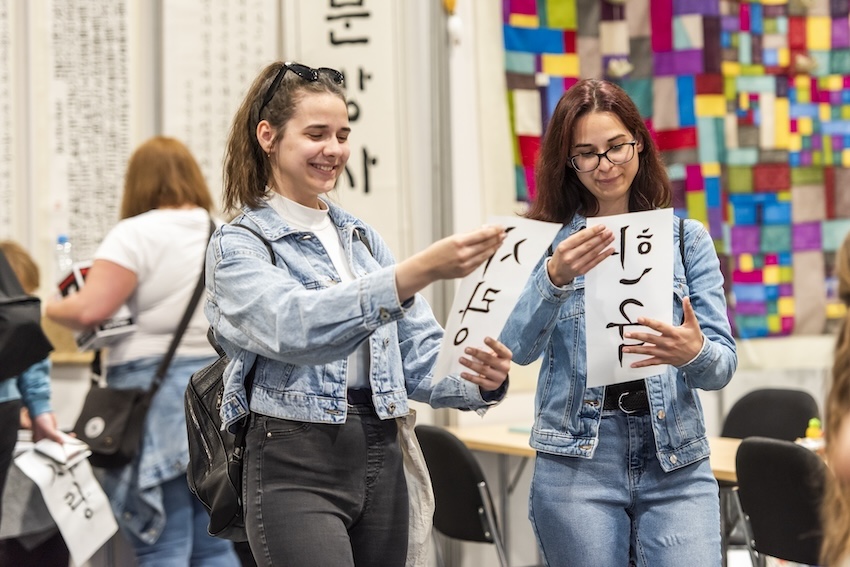
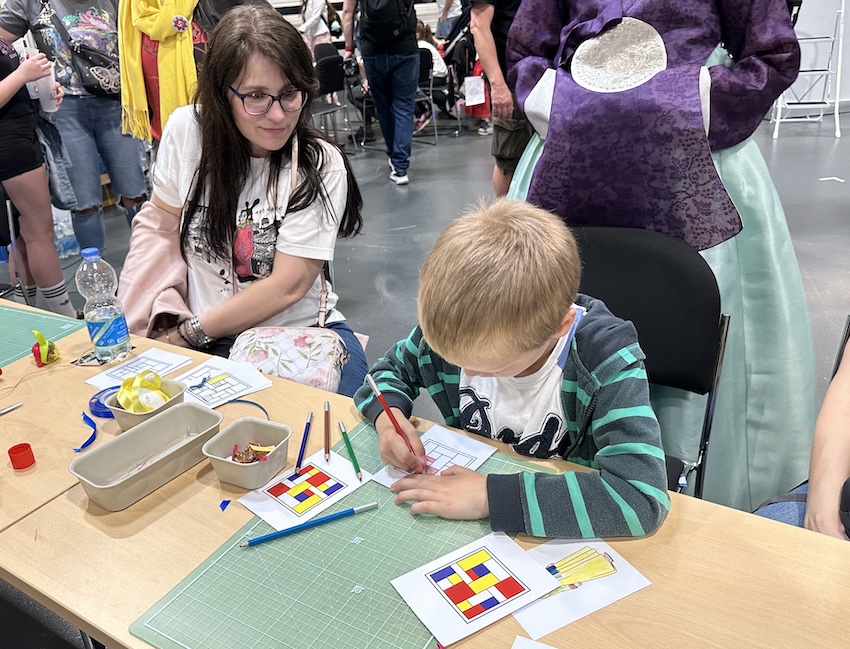
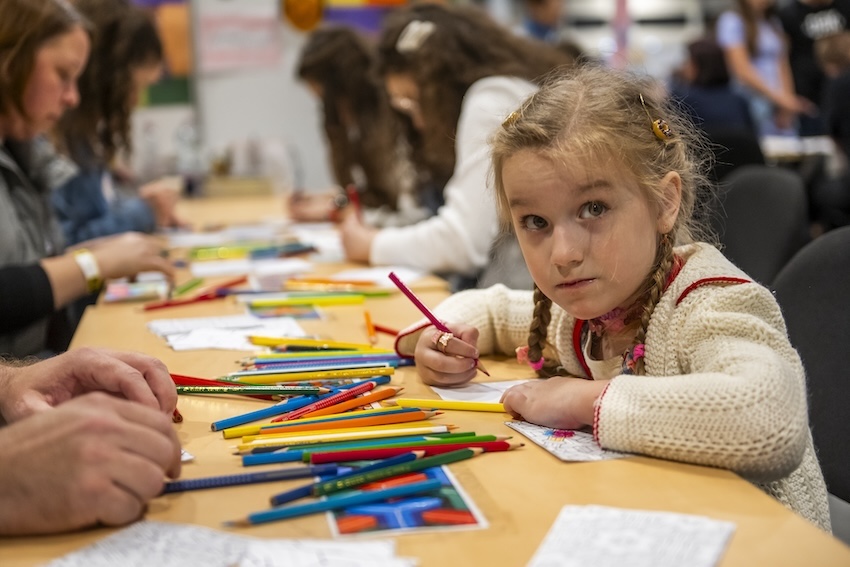
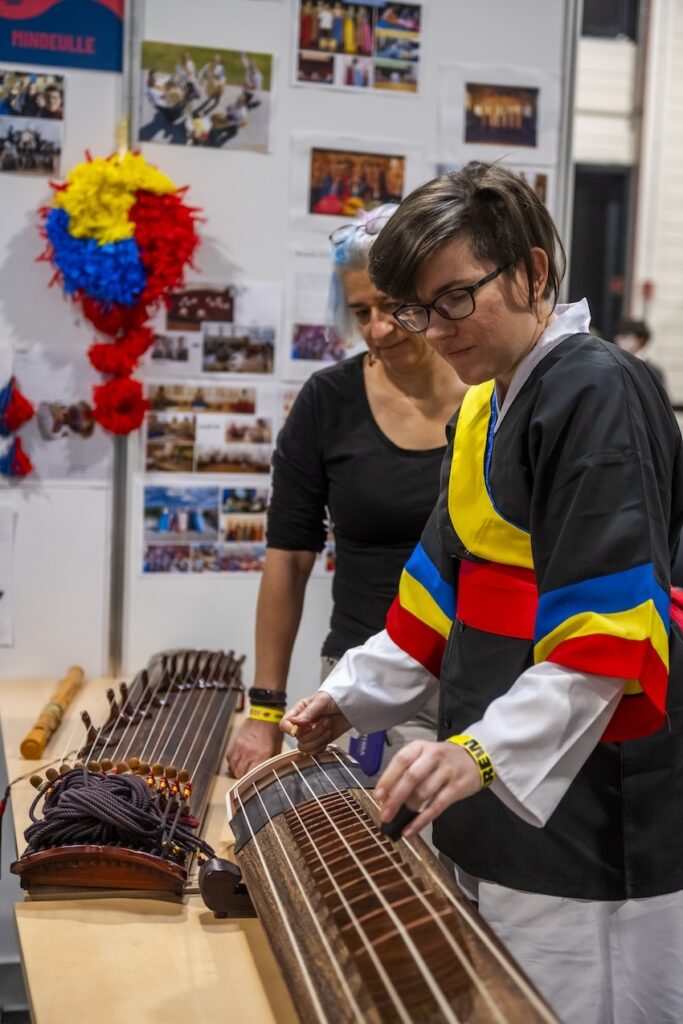
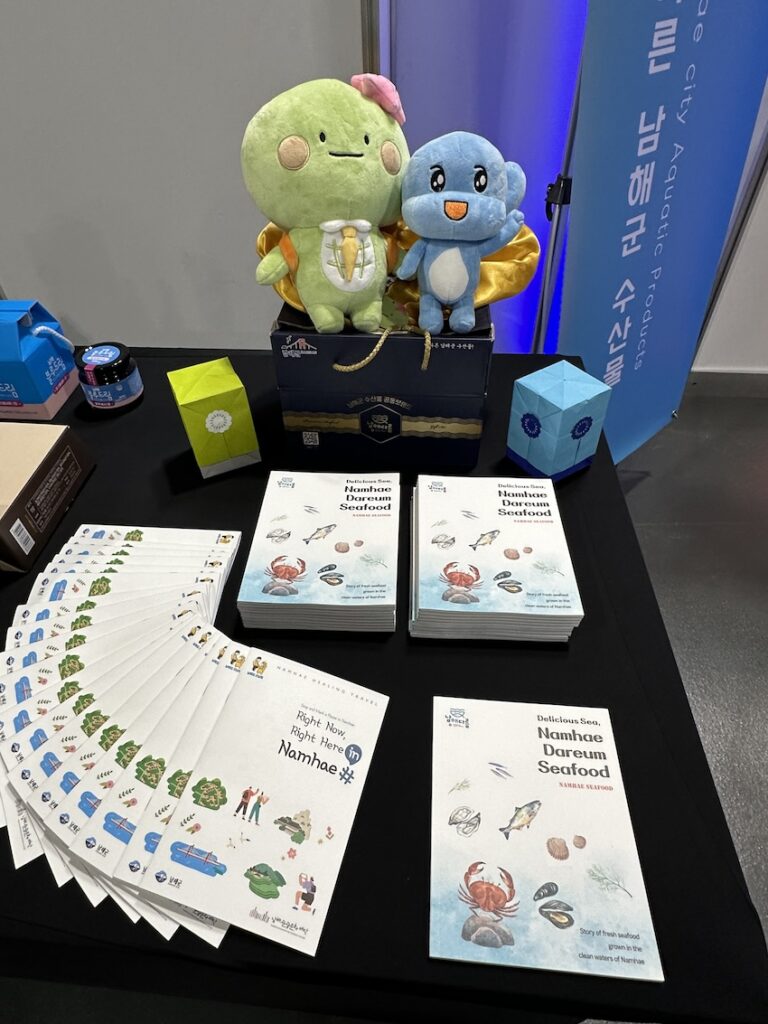
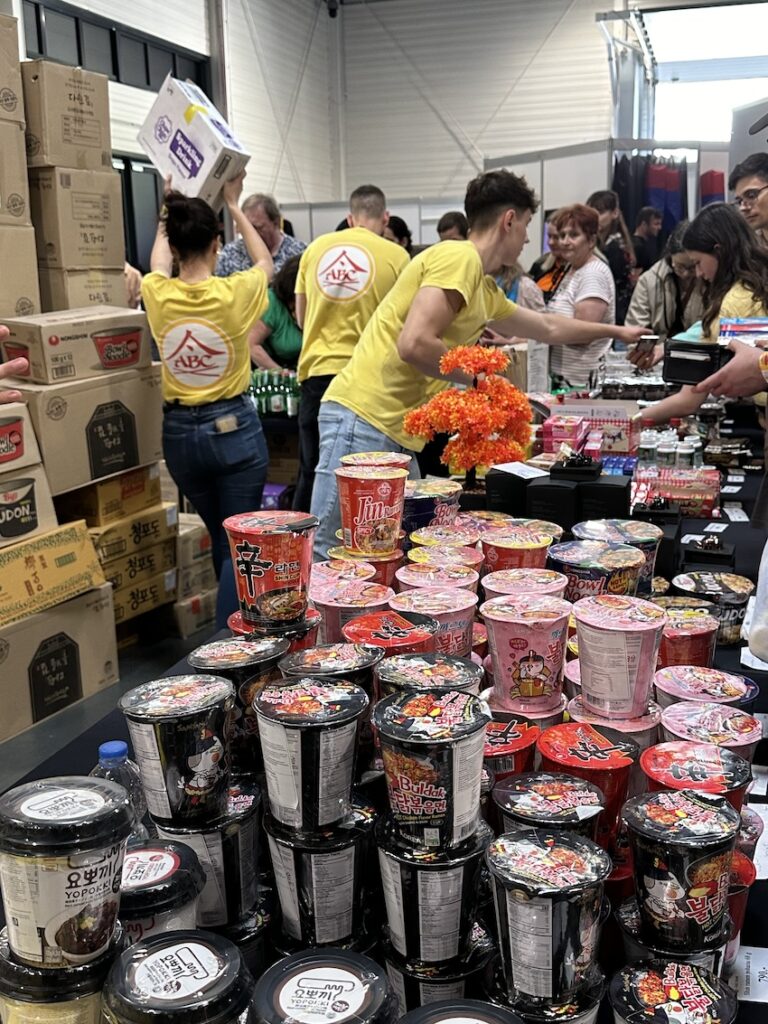
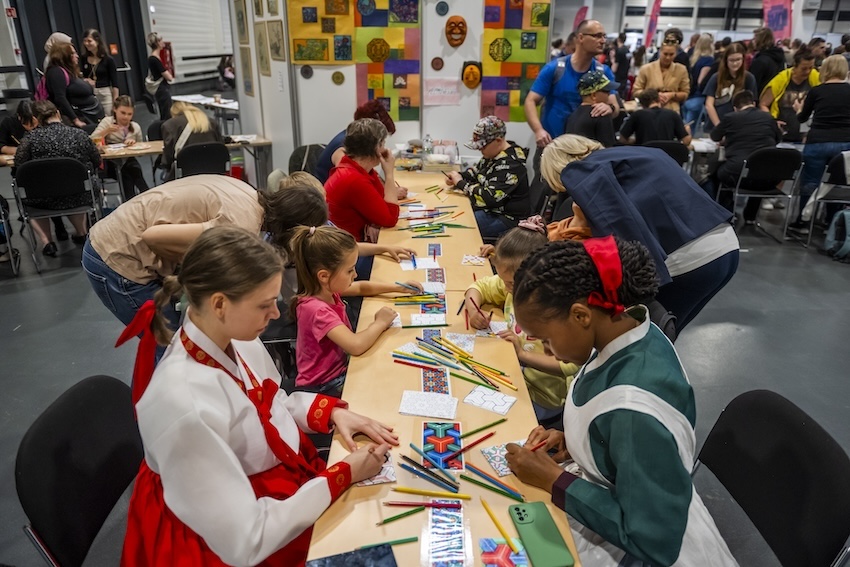
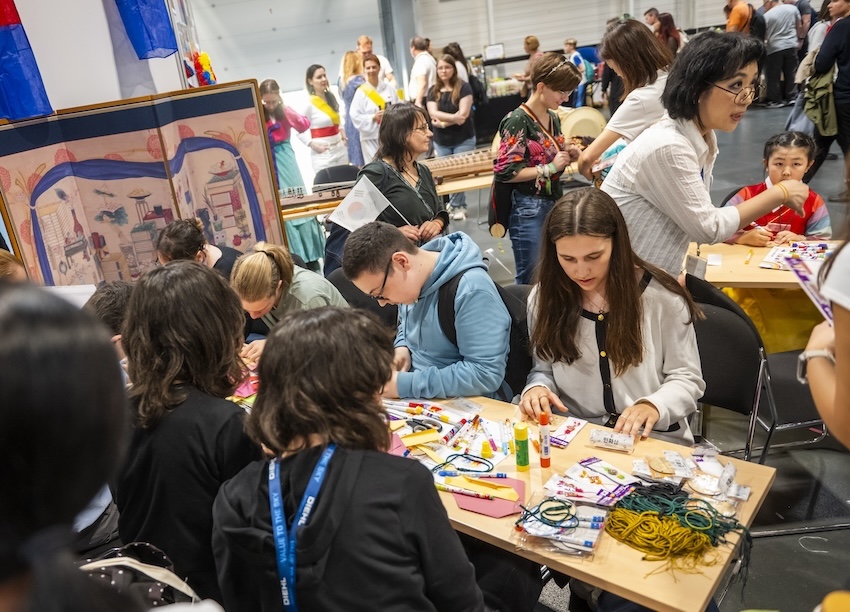
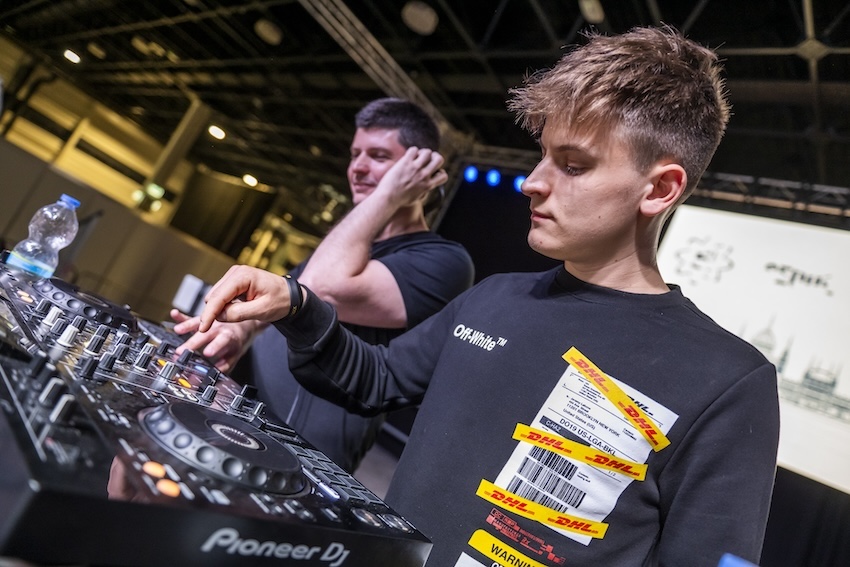
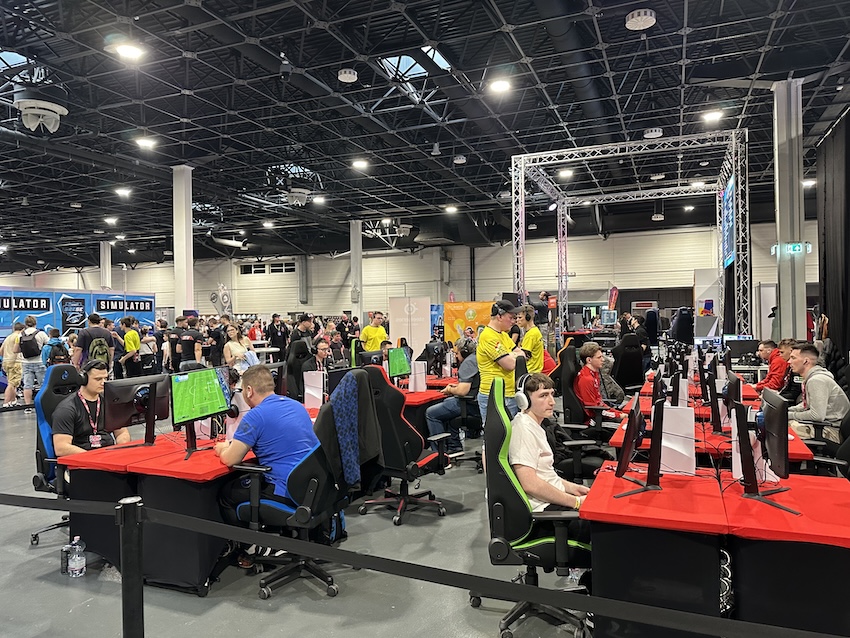


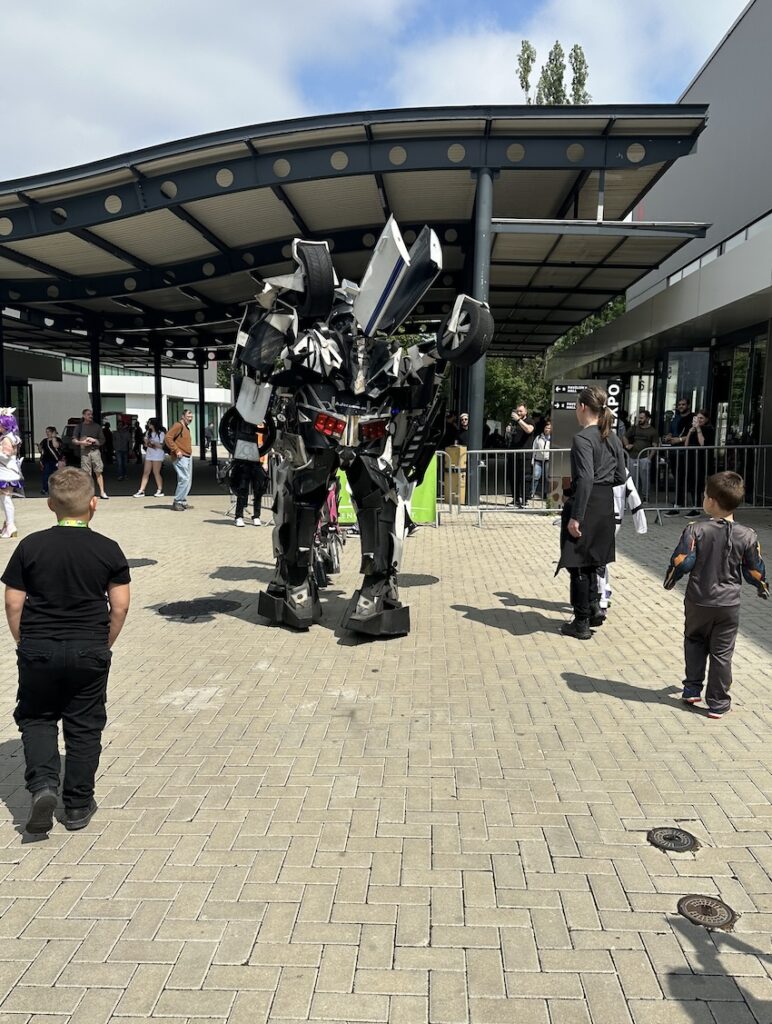
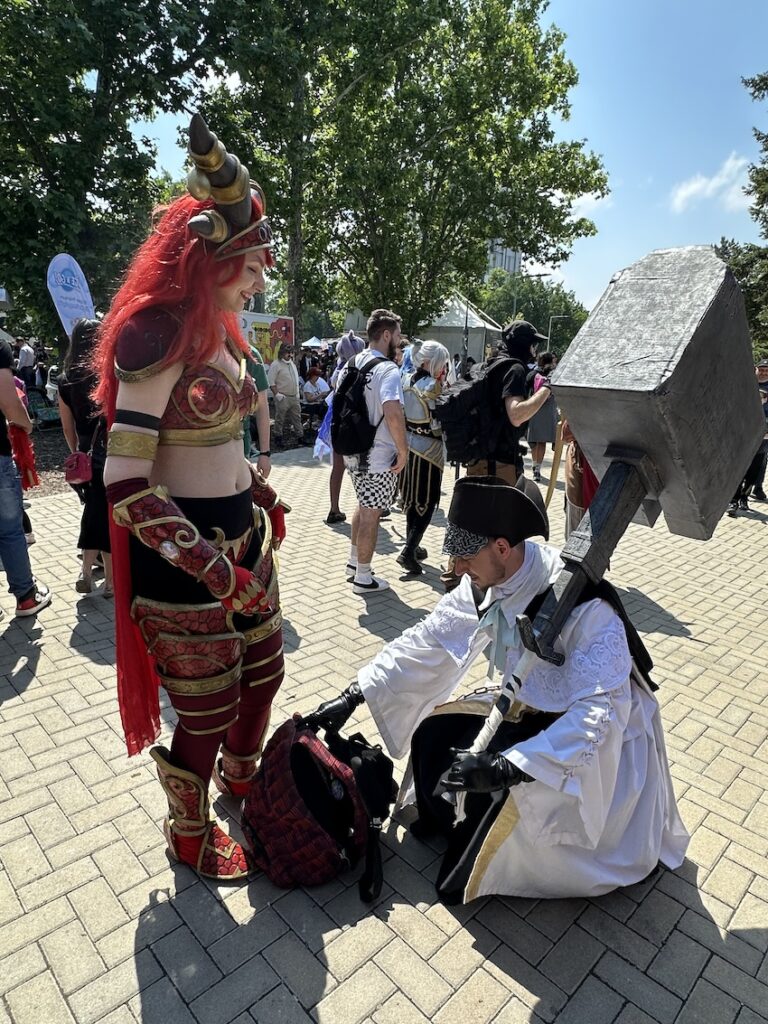
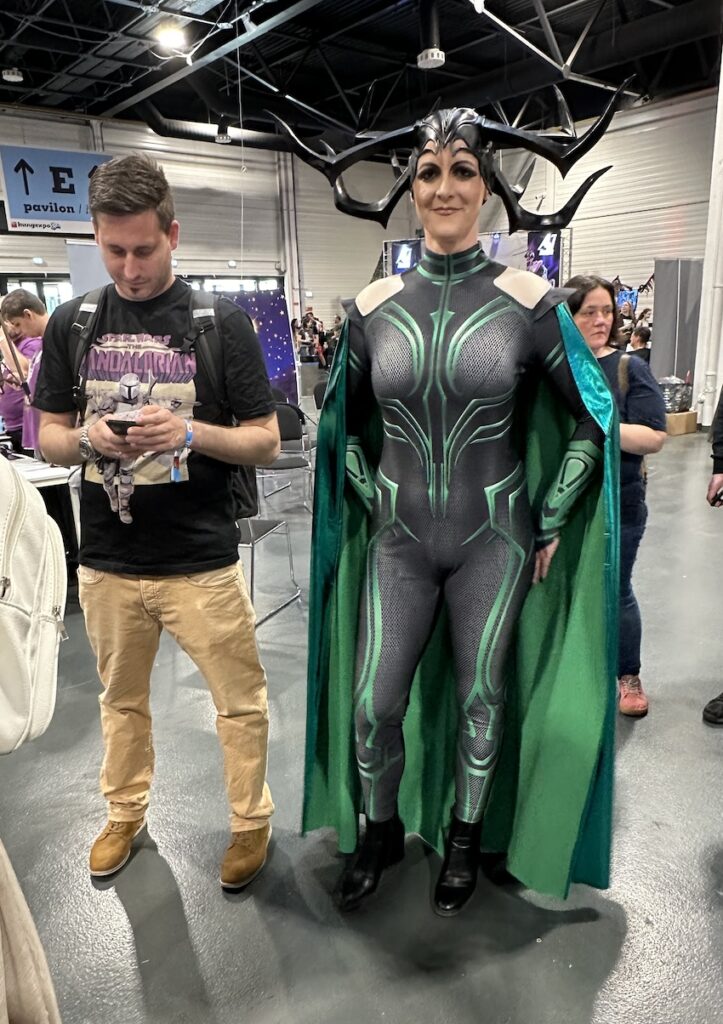


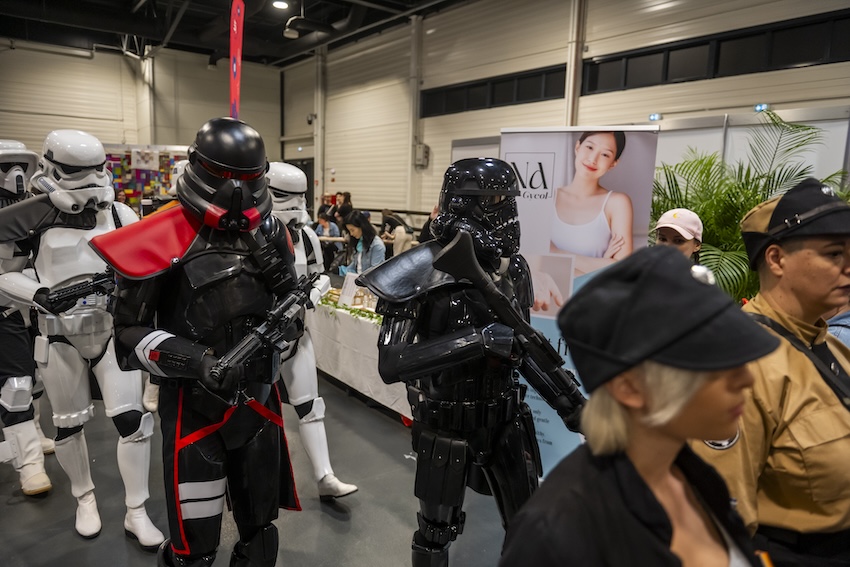


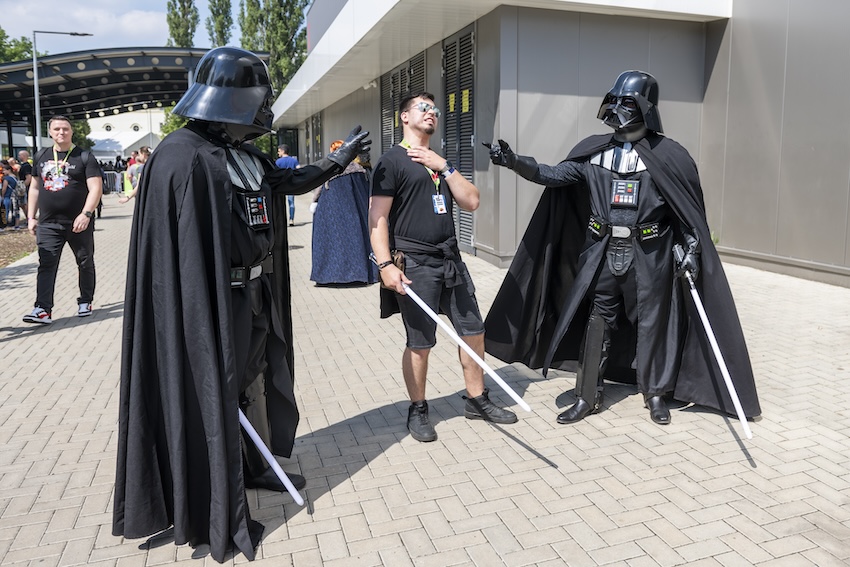
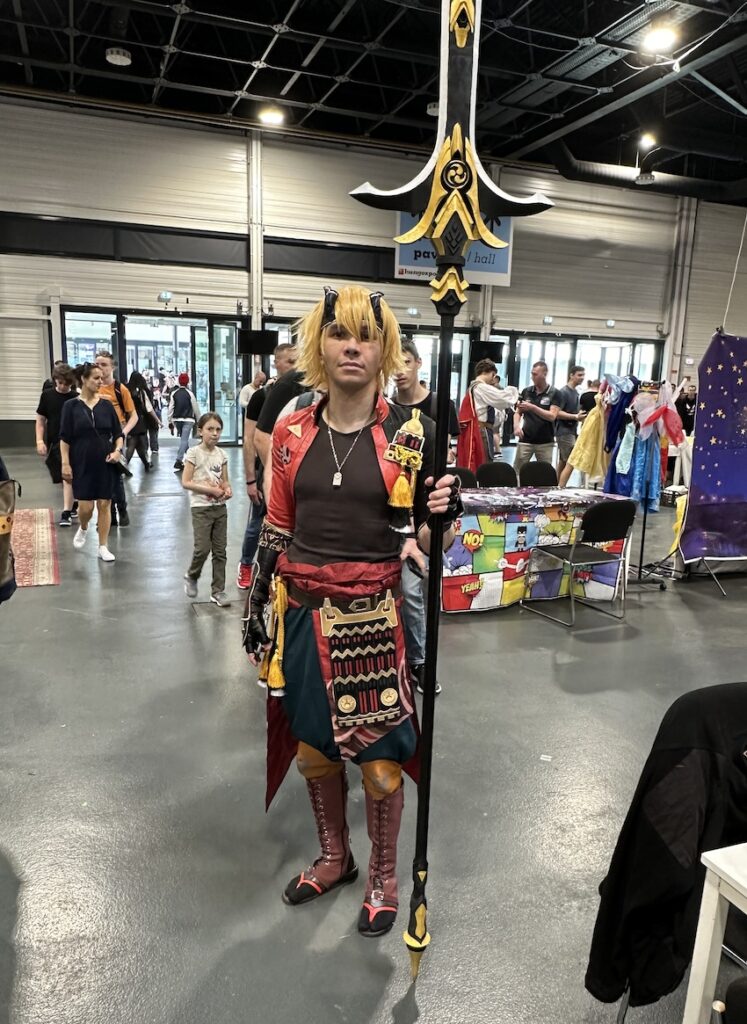
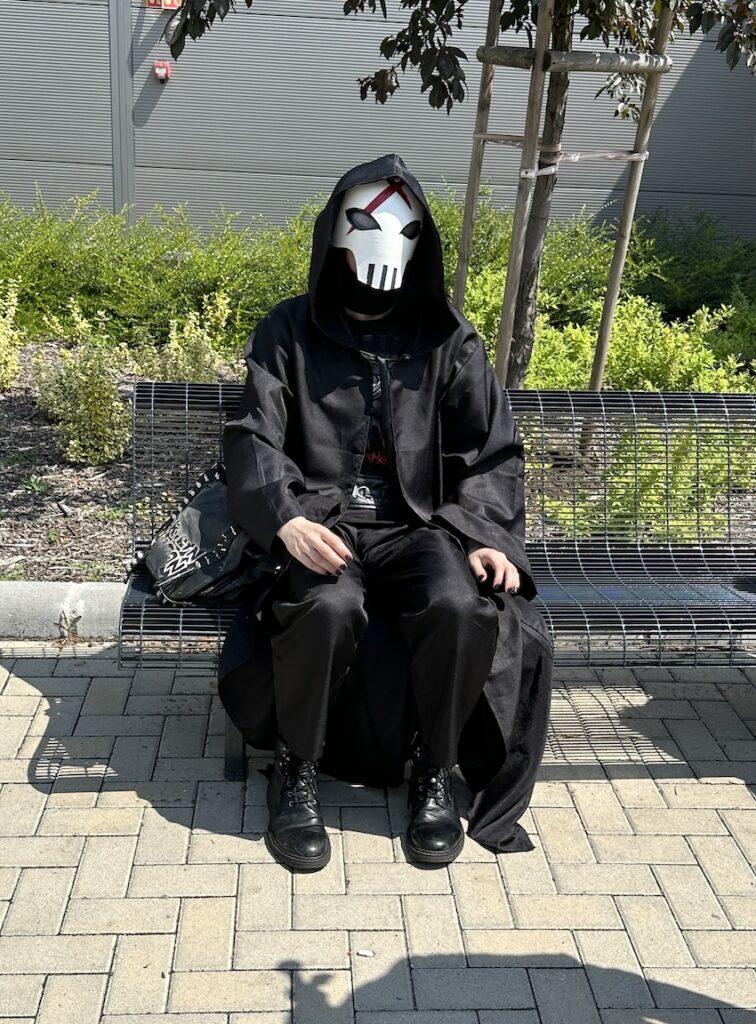

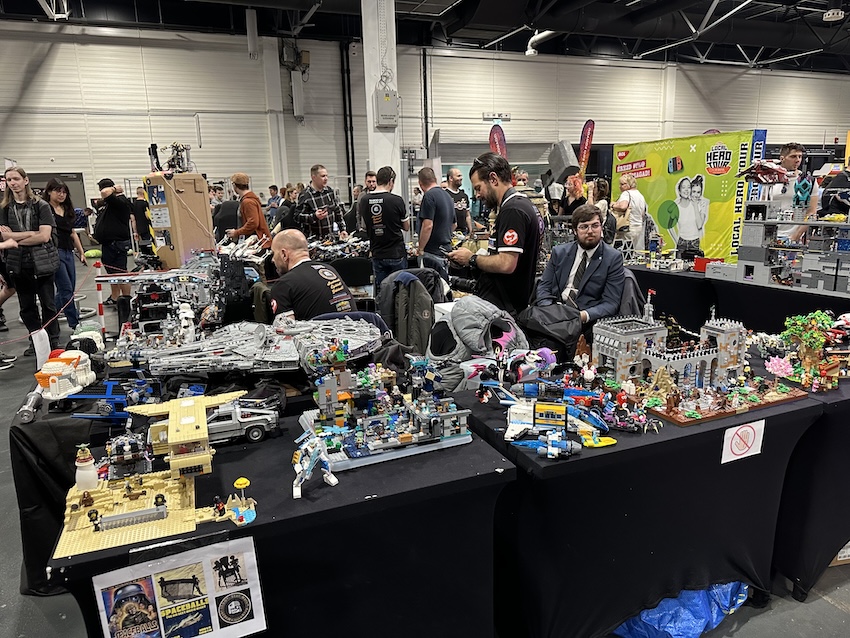

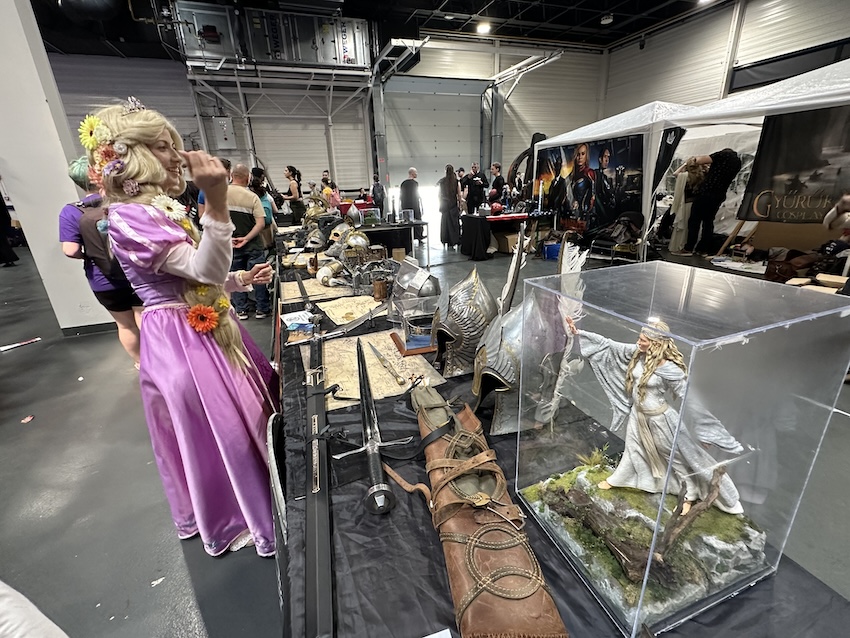

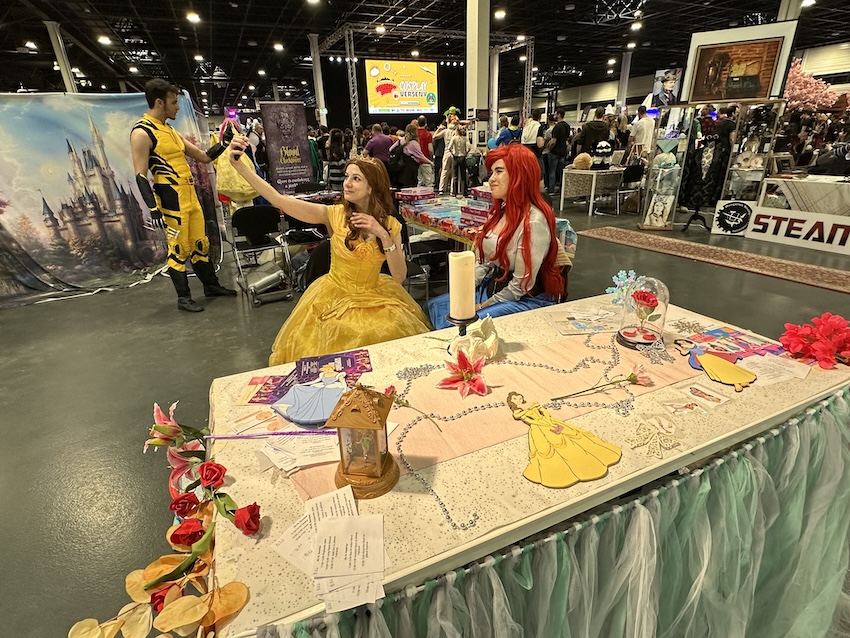

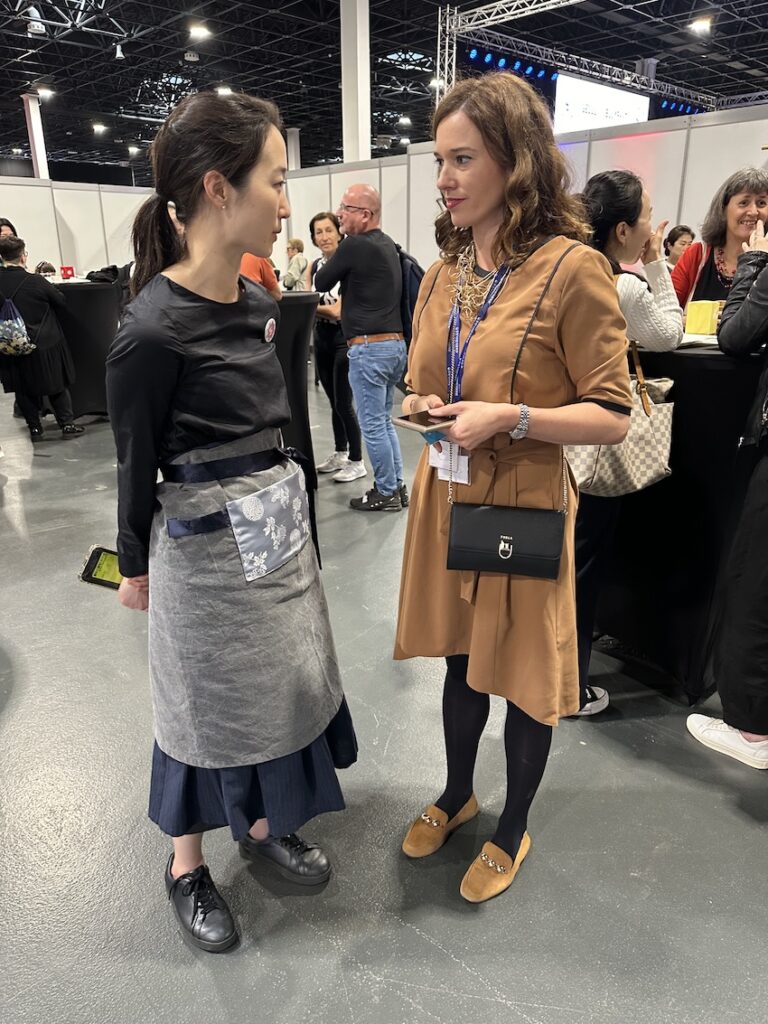
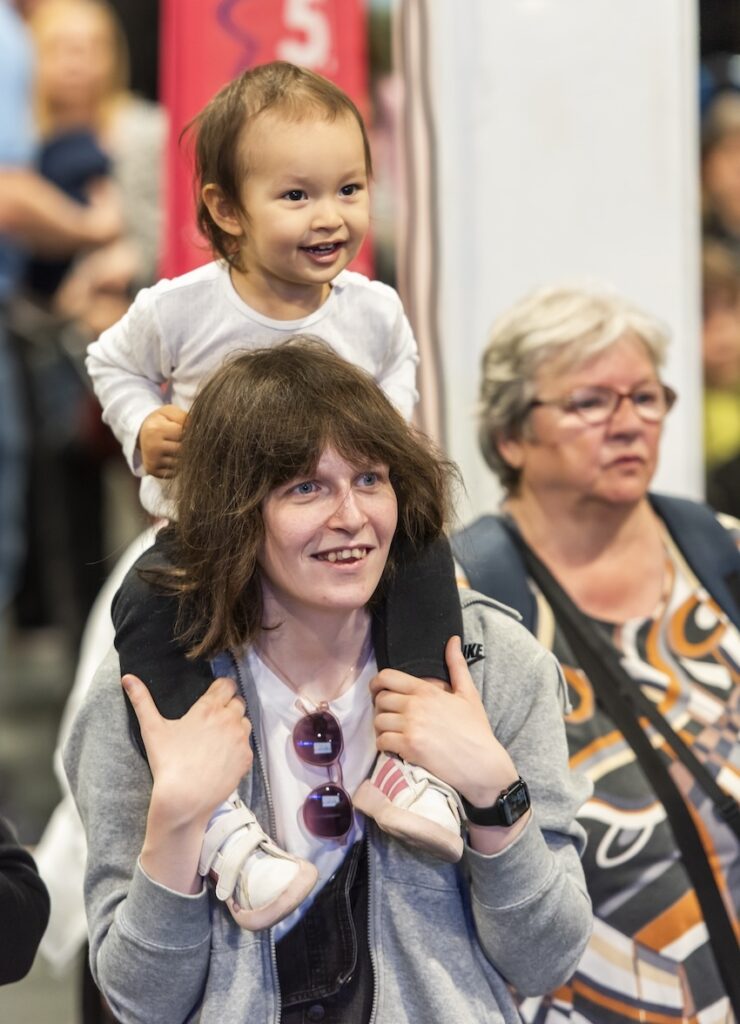
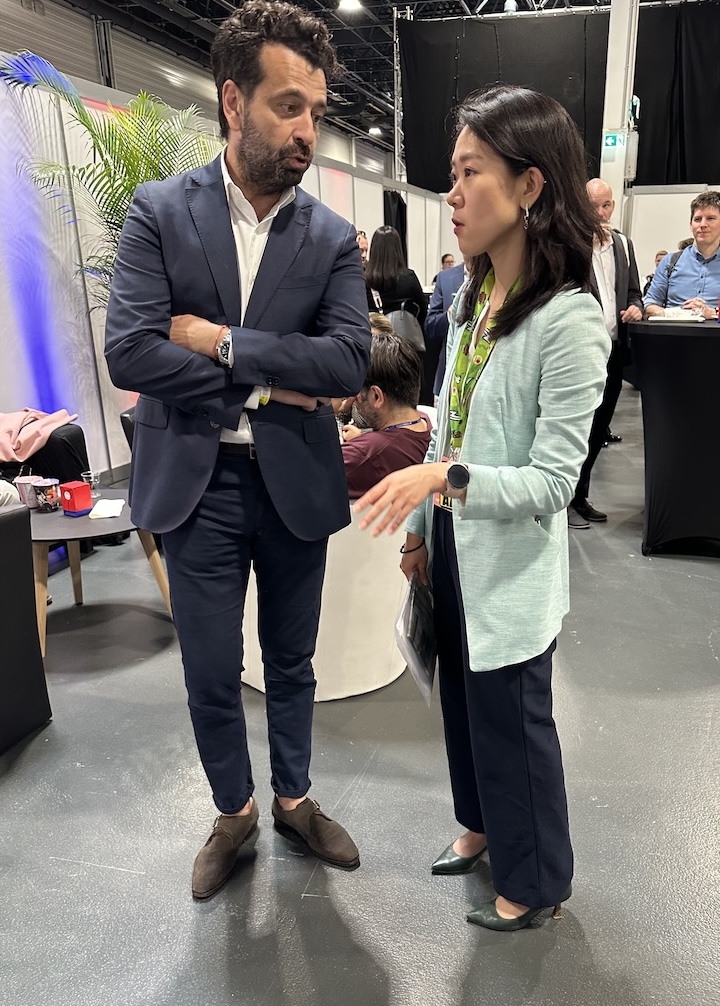
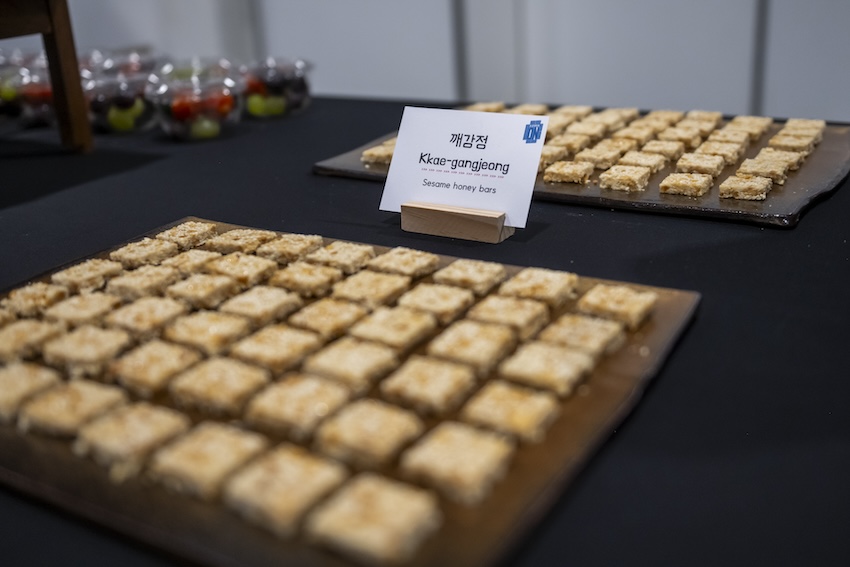
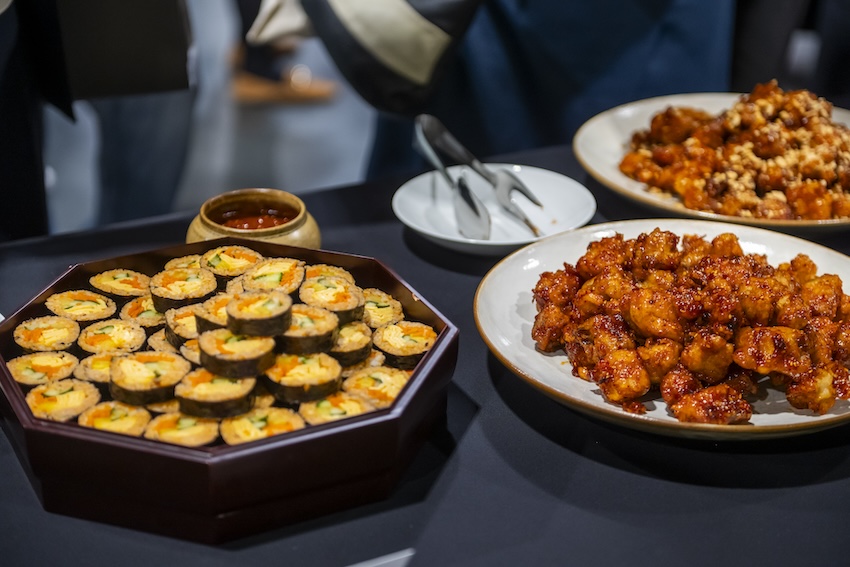
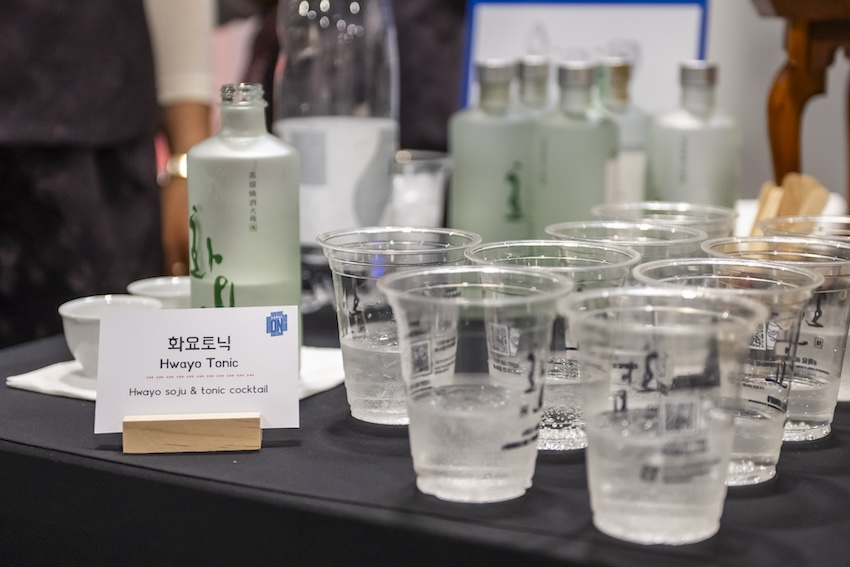
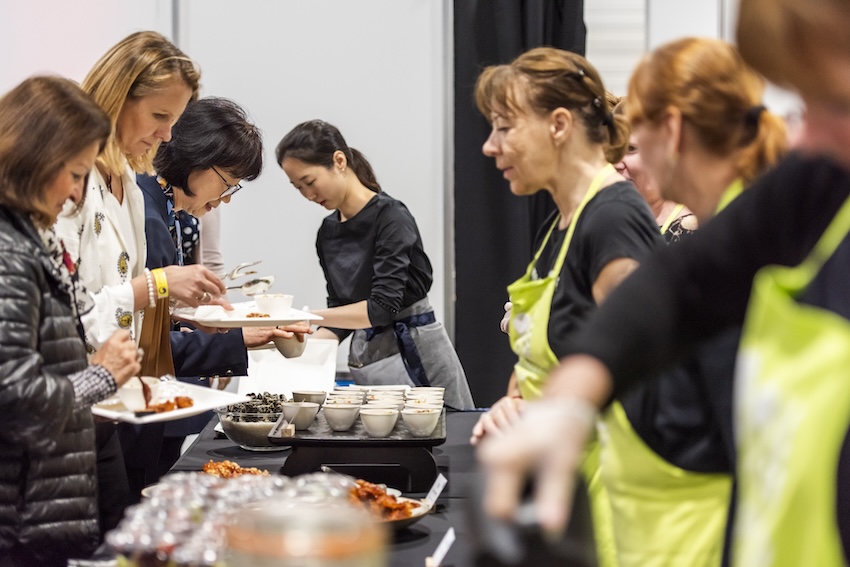
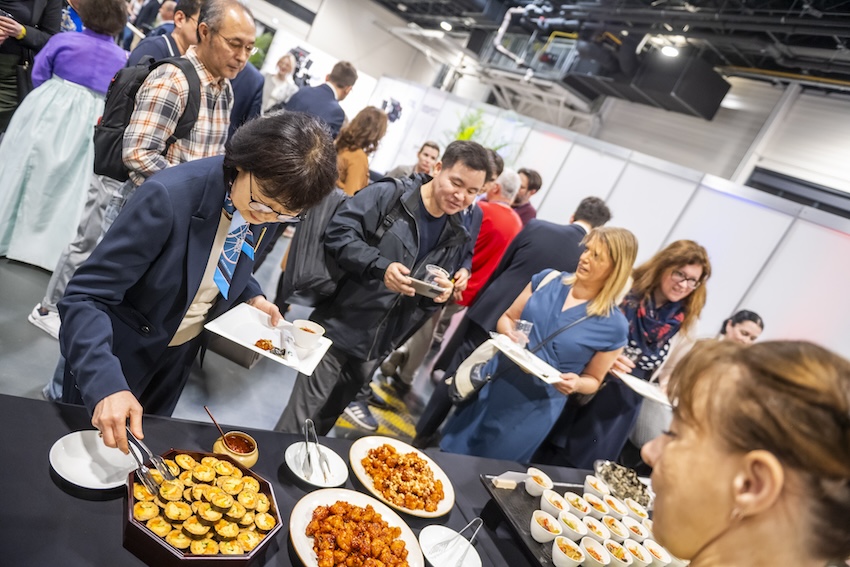
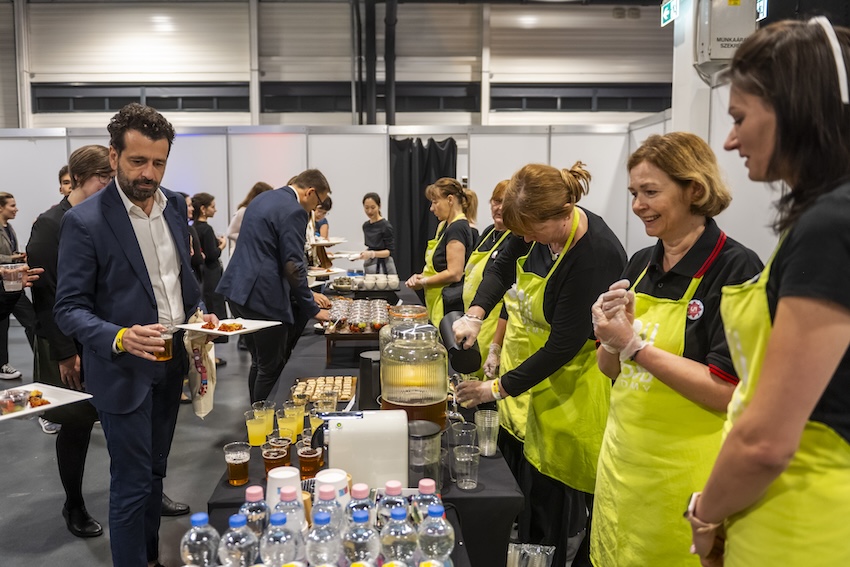
We also invited the Korean Kkokdugwangdae masked theatre troupe and Maytree, a five-member acapella group, to present both traditional and modern aspects of Korean performances, and they were enthusiastically received by the large audience. The popularity of K-pop and K-drama is already well-known thanks to the media. However, traditional Korean culture is not easily experienced in Hungary. Therefore, we wanted people to appreciate the beauty of this culture through traditional dance performances and exhibition booths featuring calligraphy and traditional Korean paintings.
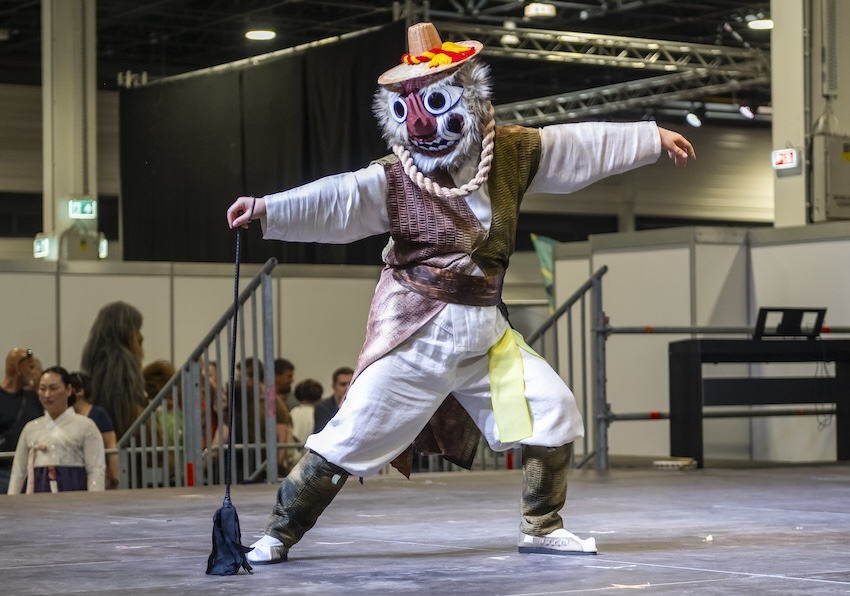
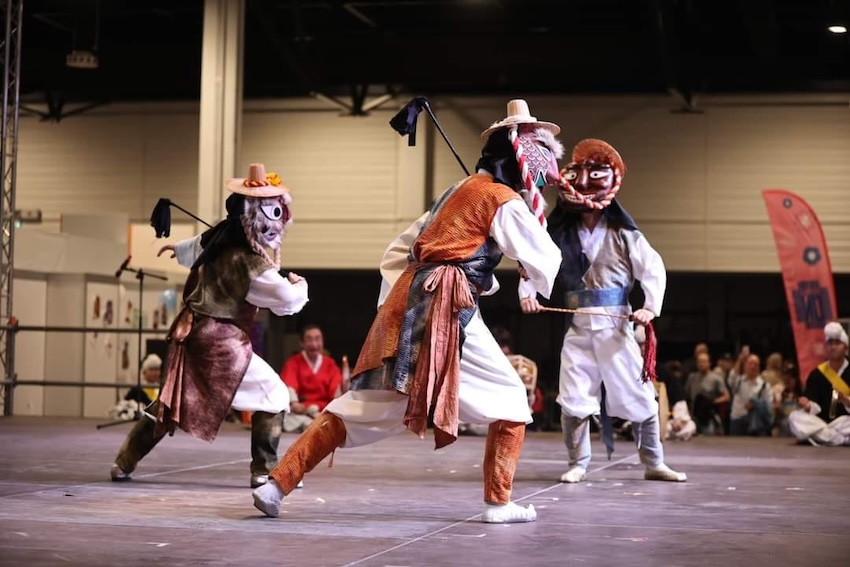
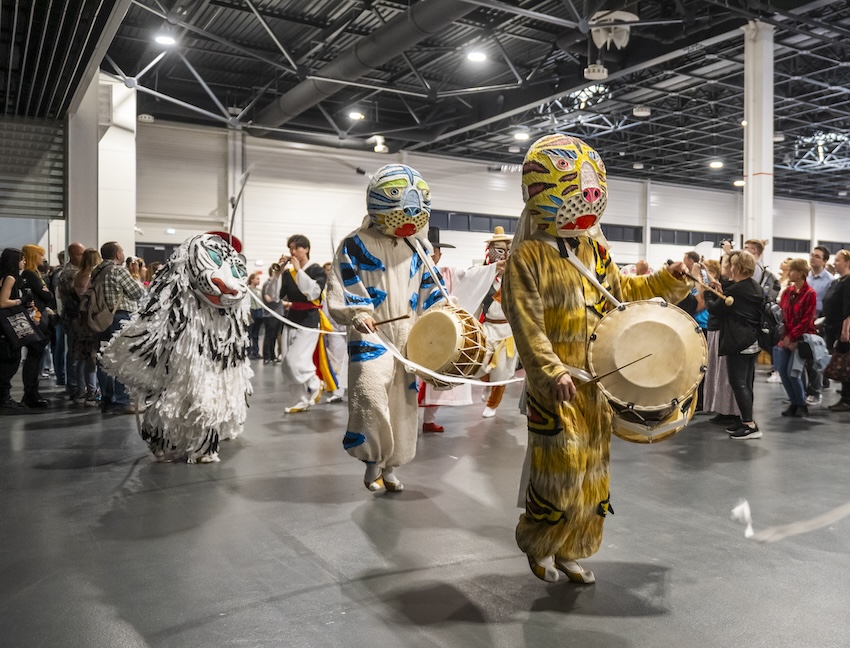
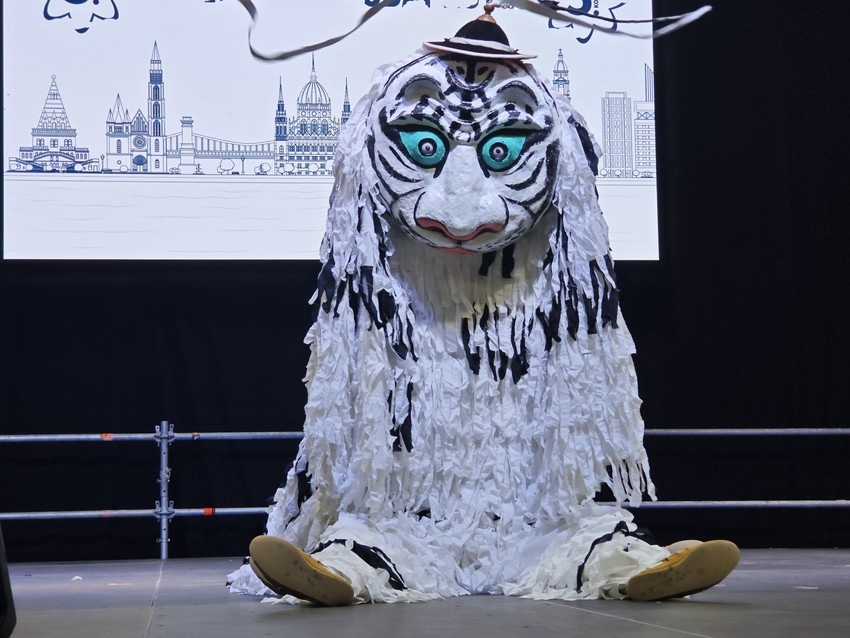
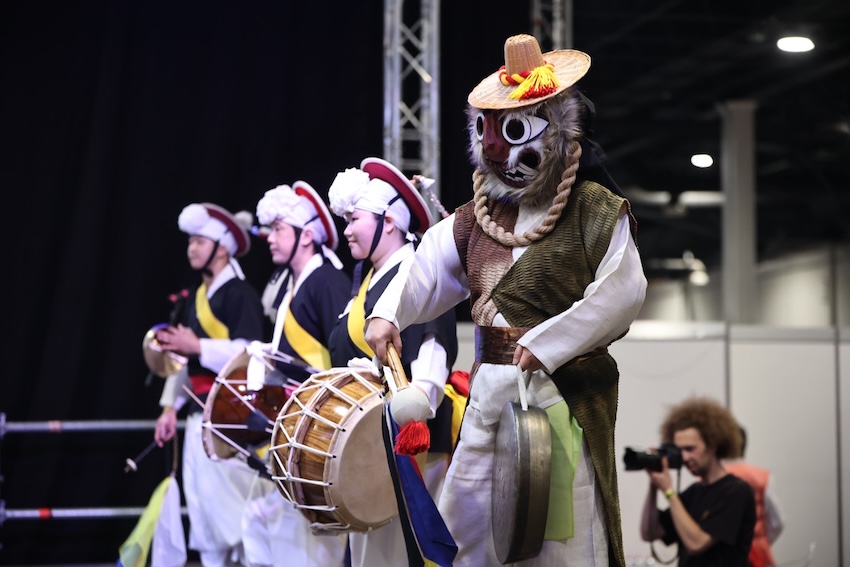
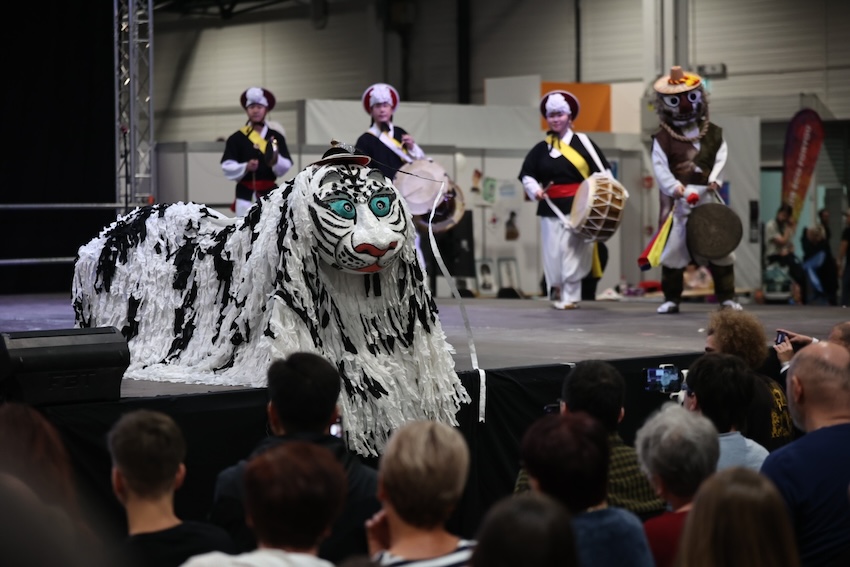
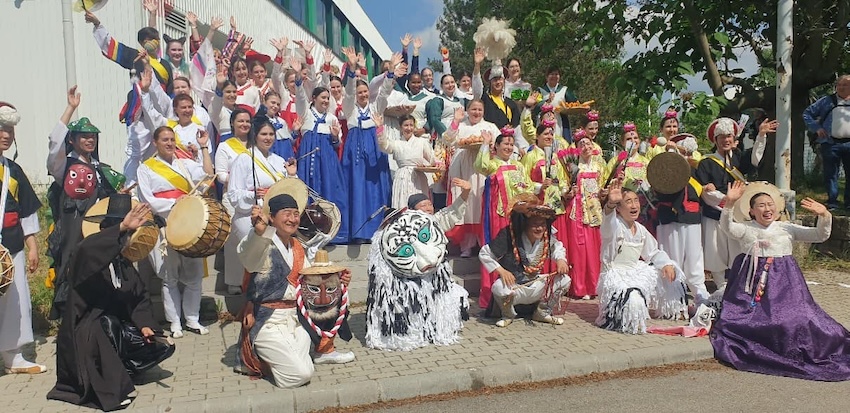





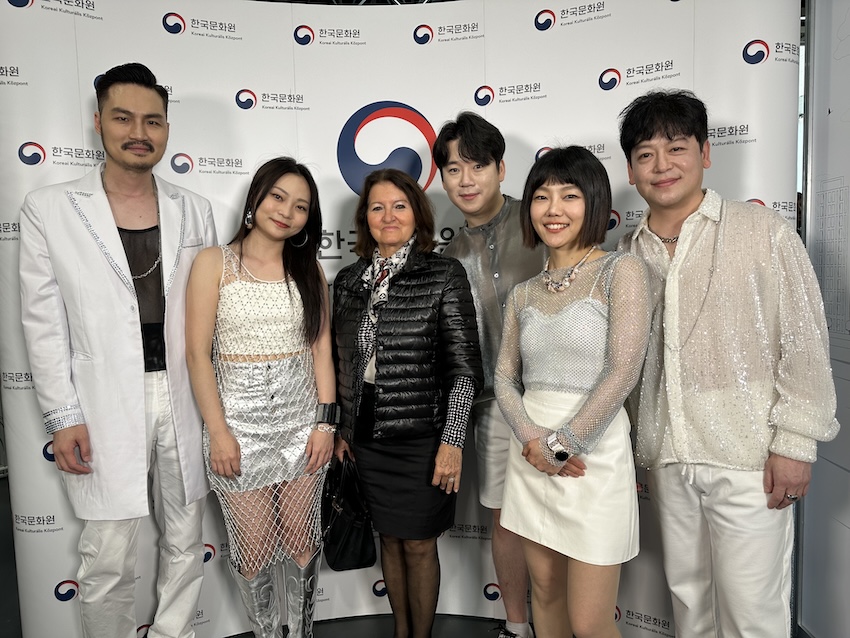
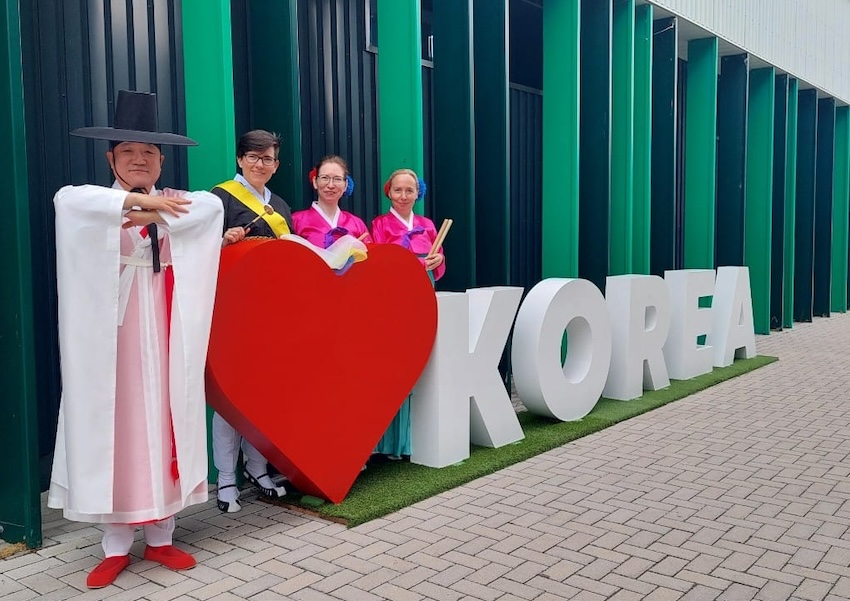
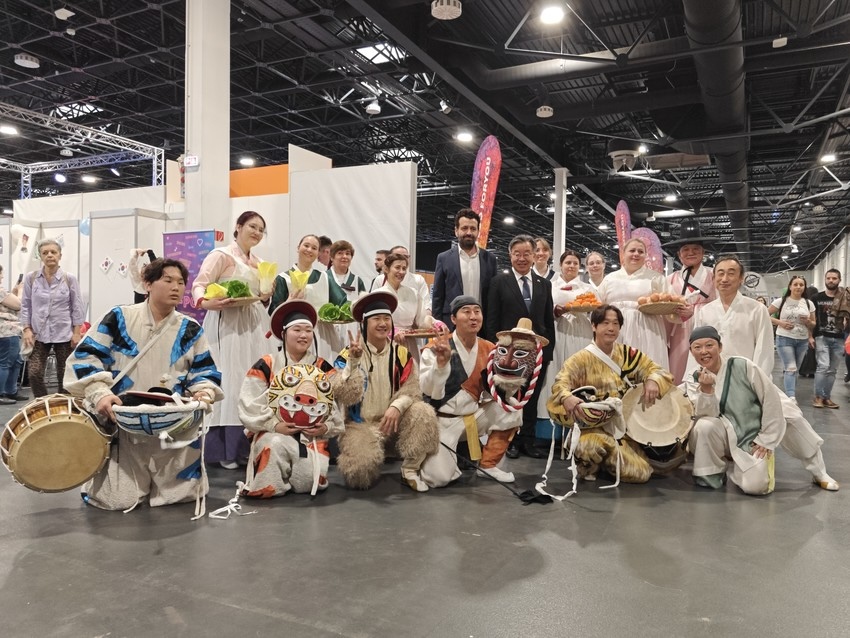
I wanted to create a festival where many Hungarians could actively participate and immerse themselves in the culture, rather than just observing it as something exotic. As you saw in person, most of the performers and exhibitors were Hungarian. In addition, the traditional parade was a collaboration between groups of Hungarians and Kkokdugwangdae.
As the current director of the Korean cultural institute in Hungary, what are your goals, ideas, programs, initiatives and plans to continue and expand the successful activities of your predecessors? What aspects make you most optimistic about the future?
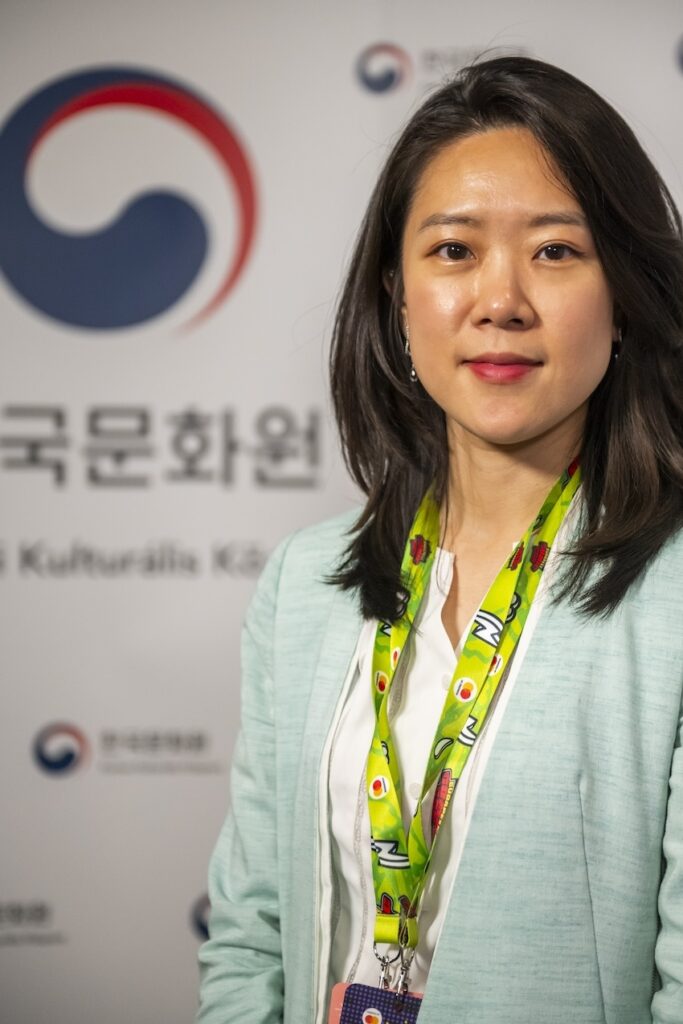
– I think the Korean Cultural Centre in Hungary is in a very stable phase in operation wise thanks to the support of many people. A lot of people are fans of our events. I feel grateful for this since it makes us brave enough to move on to the next level.
I wish that the Korean Cultural Centre could expand its field and collaborate with many Hungarian artists and cultural organisations. Because I believe that exchanging cultural views can enrich cultures.KoreaON is a good example. The centre cooperated with Budapest Comic Con this time and made the KoreaON festival successful by drawing more attention from people who came to visit Comic Con. I hope to have such collaboration in the future.
How do you spend your leisure time after busy working days? Do you have any hobbies or special interests?
– Every weekend I try to explore as many parts of Hungary as possible. I jump in my car and drive off to seek for adventures. I have visited Visegrád, Hollókő, Gödöllő, Gyermely, Tihany, Badacsony and Tapolca so far. The beauty of the country is always mesmerizing. It makes me thankful for the fact that I am living in Hungary. Of course I love Budapest, but I want to know more about the other parts of this amazing country.
What do you miss the most while living far from your home?
– Surprisingly, I don’t miss much of what I left behind in Korea. My life in Hungary is very satisfying. Most of the things that I need are not difficult to obtain here. There are even Korean supermarkets and more than 30 Korean restaurants. The only thing I miss is my family, who are irreplaceable.
Hallyu, the Korean Wave as a Soft Power Phenomenon

The term “Hallyu”, or “Korean Wave” refers to the global popularity and spread of South Korean culture, including music, TV dramas, movies, fashion and cuisine, manifesting as K-pop, K-TV dramas, K-movies, K-style, K-beauty and K-food, achieving international fame. In a brief span, Hallyu became a global success story.
Over the past two decades, Hallyu has transformed from a regional phenomenon to a global cultural force. This success story is not just about entertainment, but also about how South Korea has strategically leveraged Hallyu as a form of soft power to enhance its international standing and influence.
The South Korean government has actively supported the entertainment industry through subsidies, tax incentives, and the establishment of cultural institutions. Hallyu has become a crucial component of South Korea’s soft power strategy, contributing to its foreign policy goals in several ways: Enhancing National Image, Economic Benefits, Cultural Diplomacy, Strengthening Alliances.
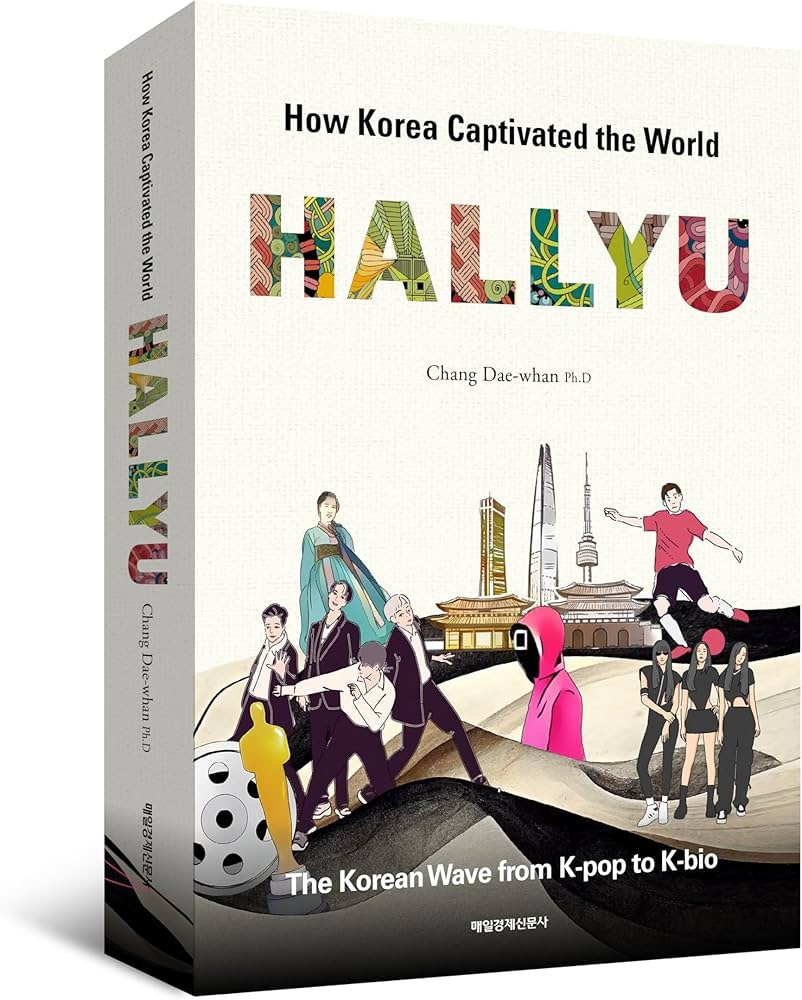
The Korean Wave, or Hallyu, is a testament to the power of cultural influence in the modern world. South Korea’s strategic use of Hallyu as a form of soft power has not only elevated its cultural standing, but also bolstered its economic and diplomatic capabilities. As Hallyu continues to evolve, it will remain a vital tool for South Korea, exemplifying the profound impact of culture on global relations.
Photos by Zsani Antal, László Mudra and DPA





